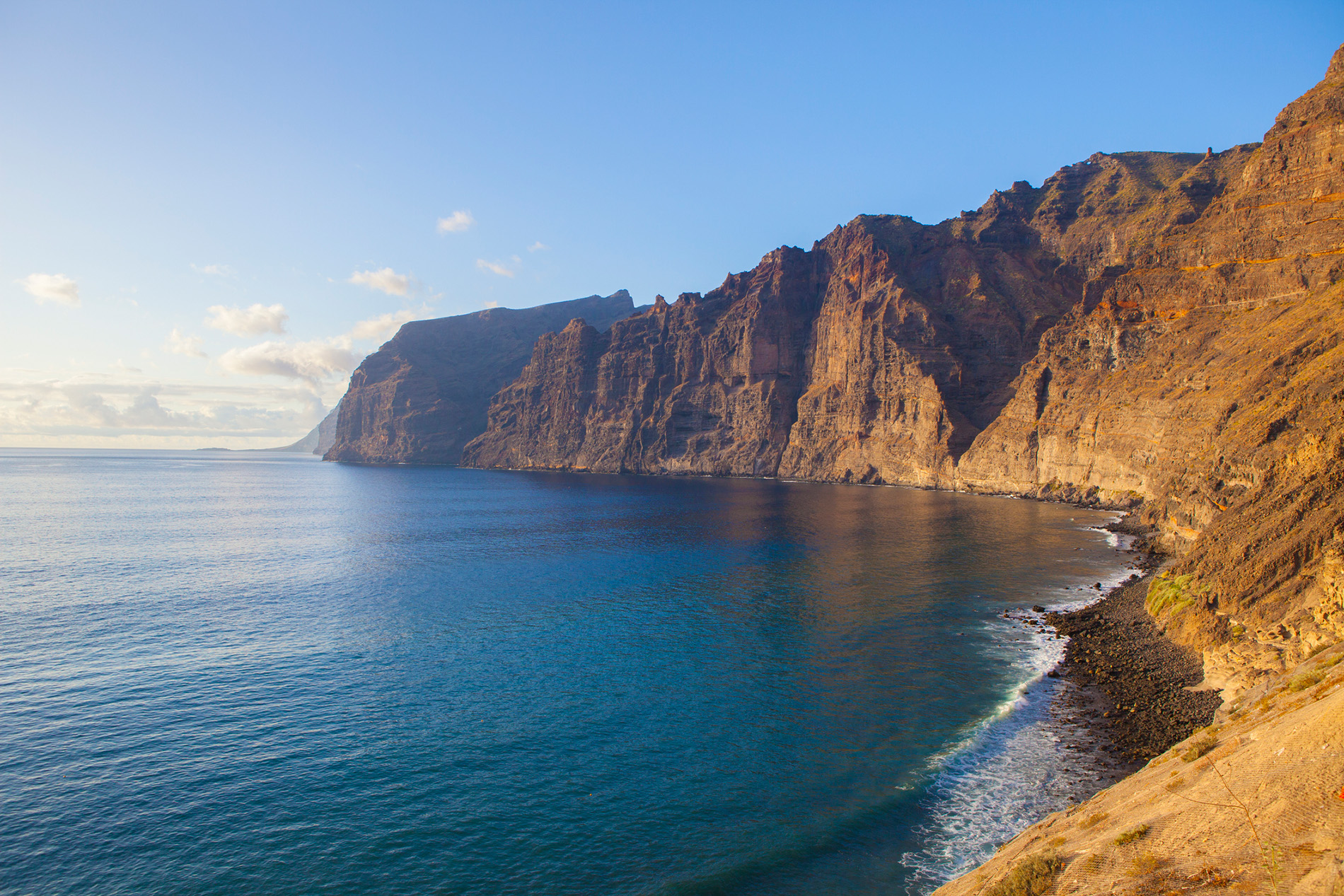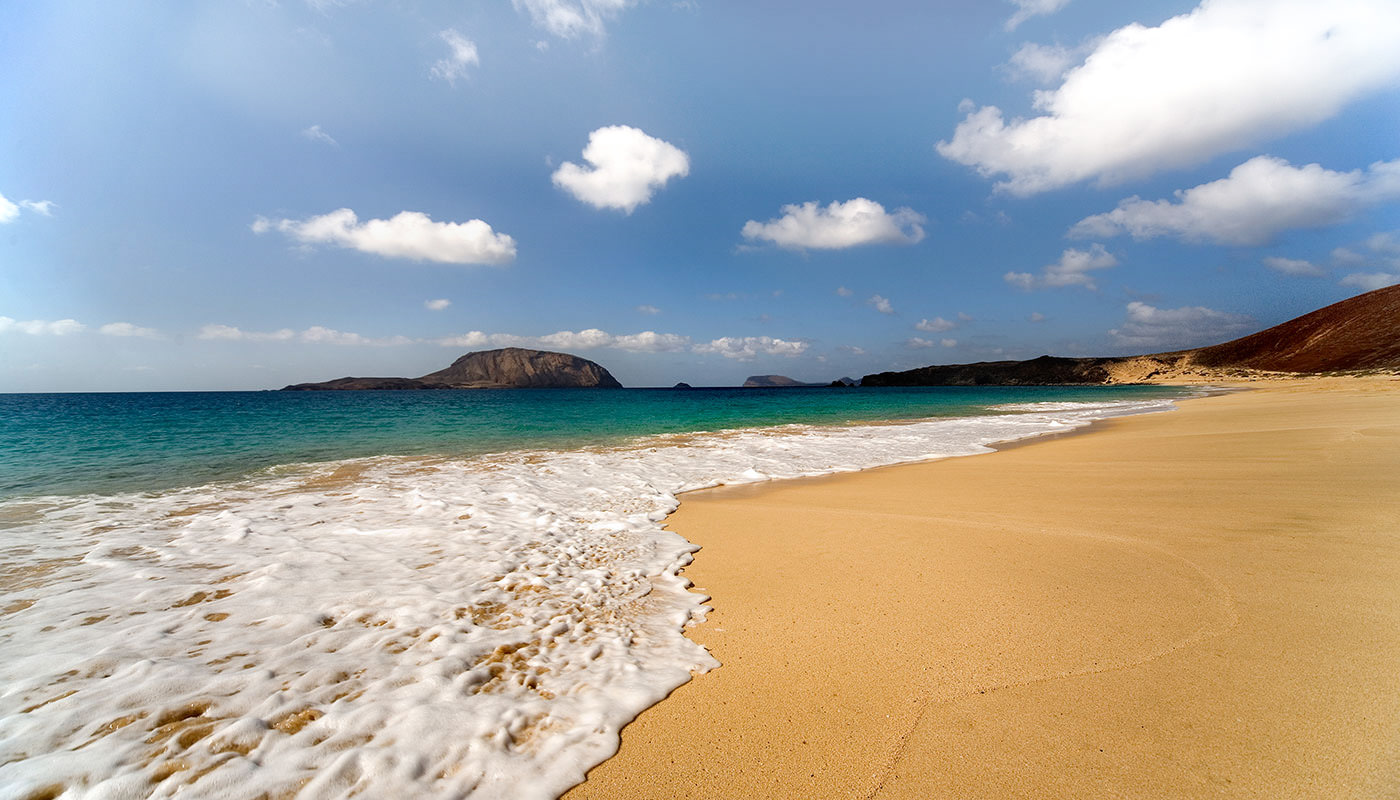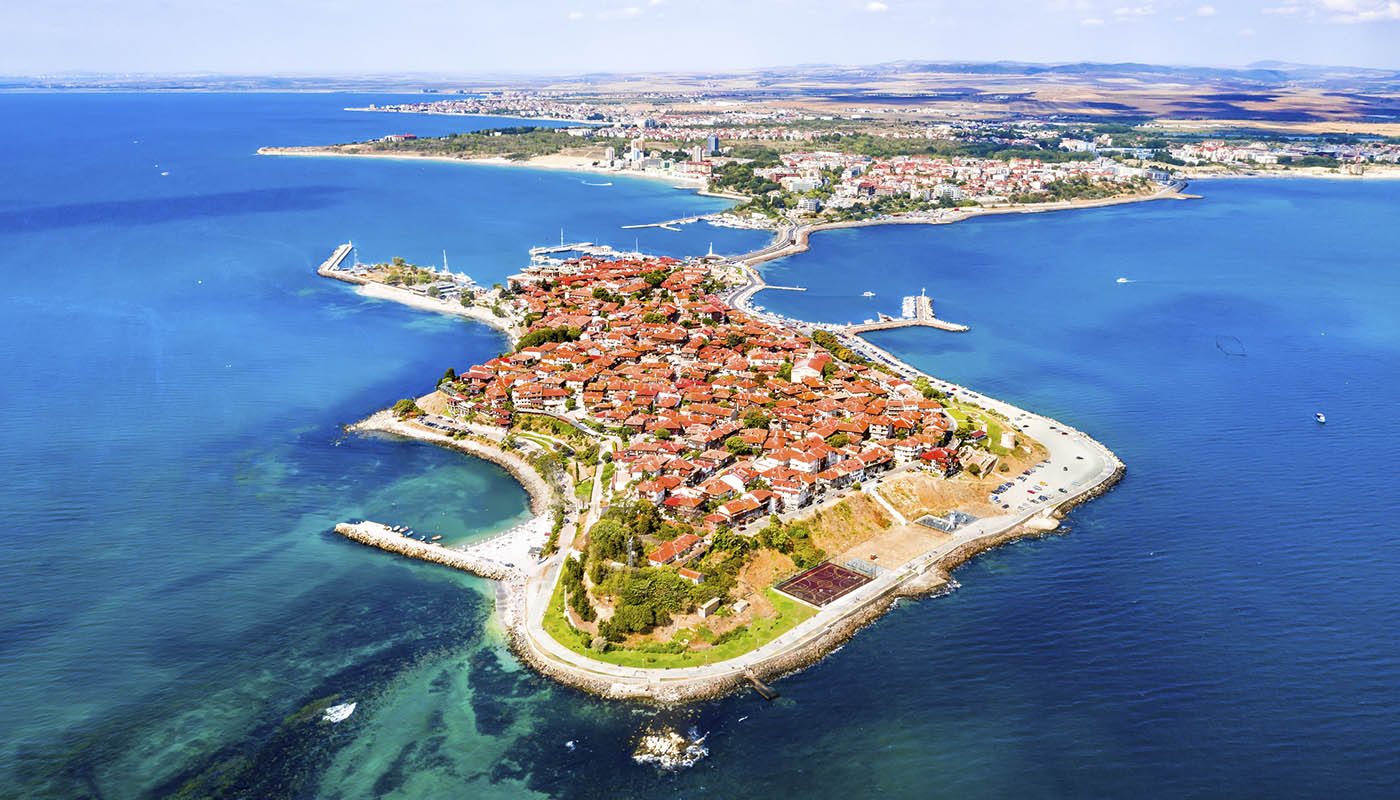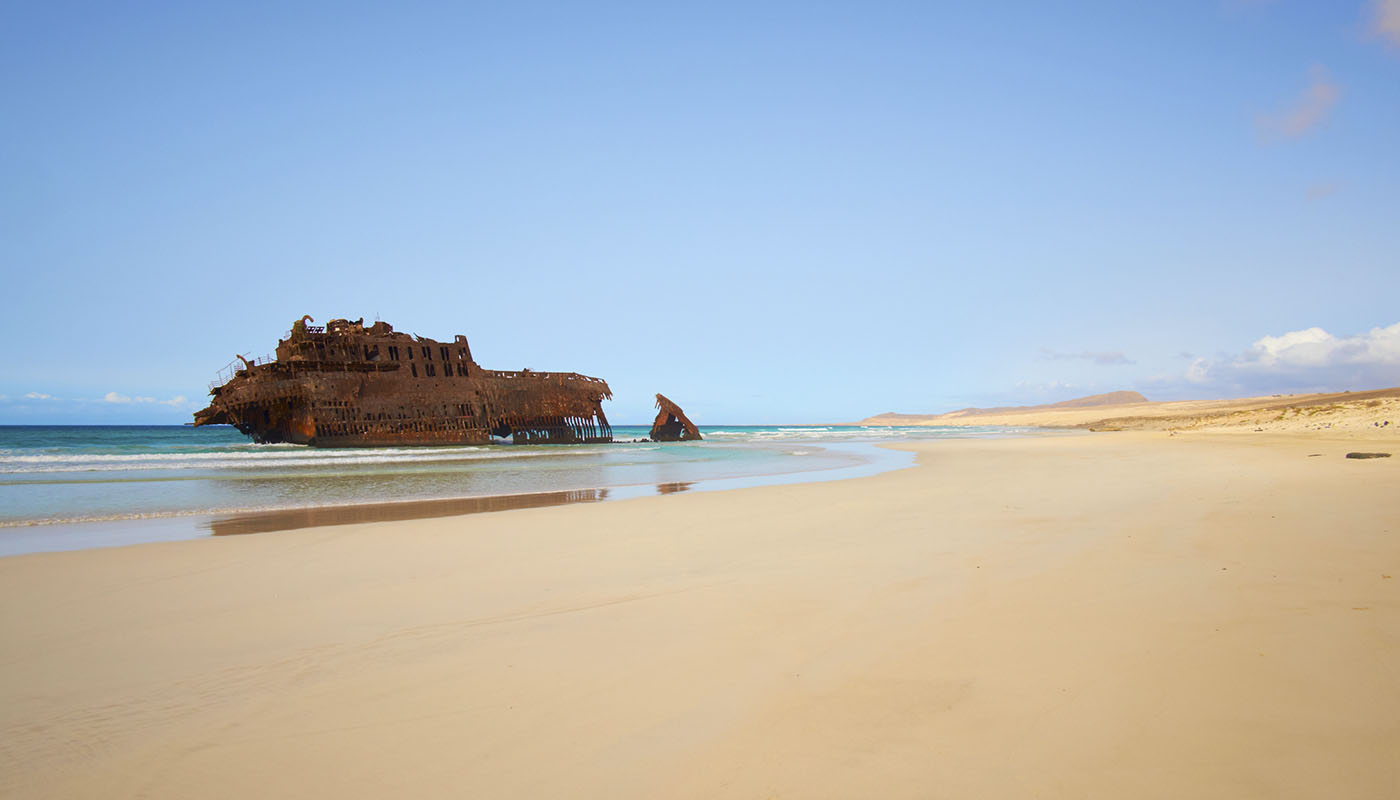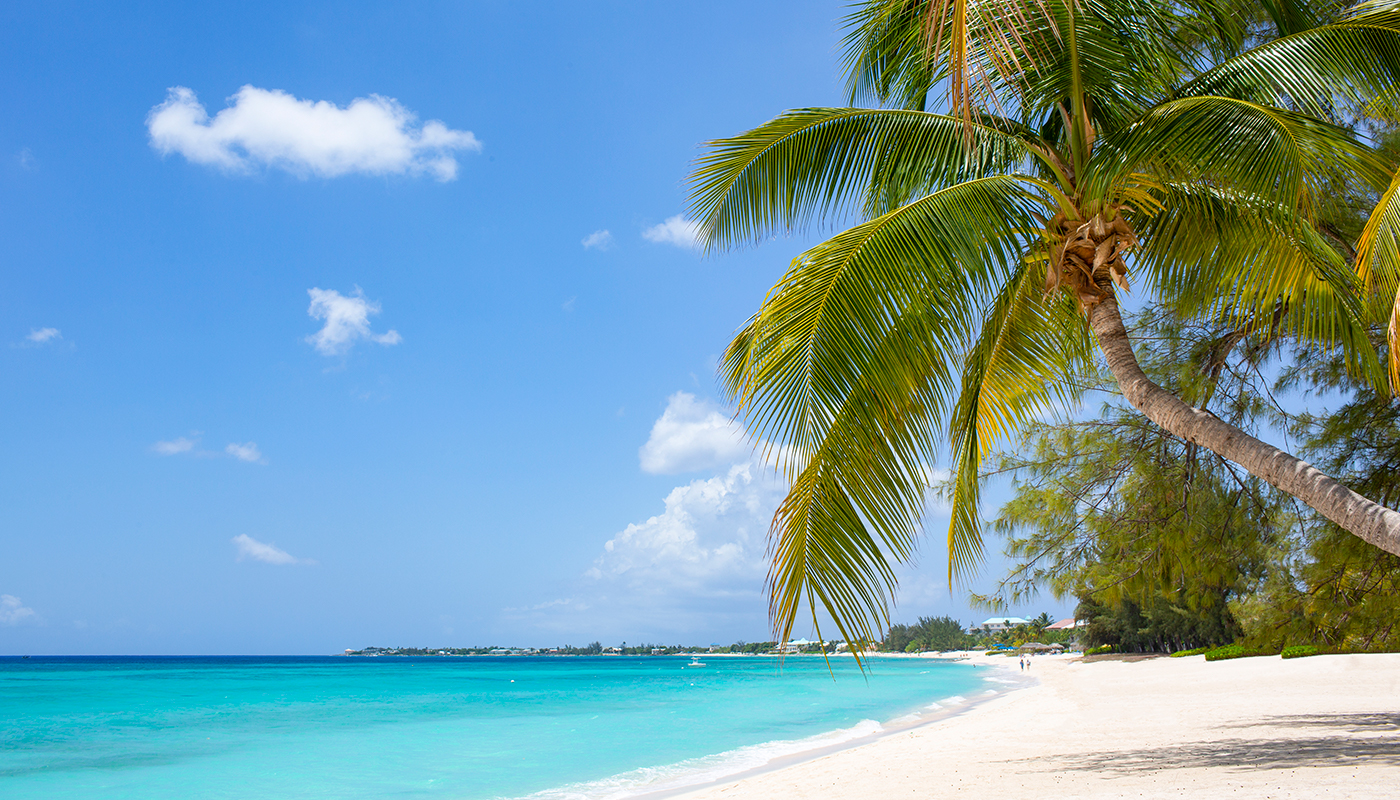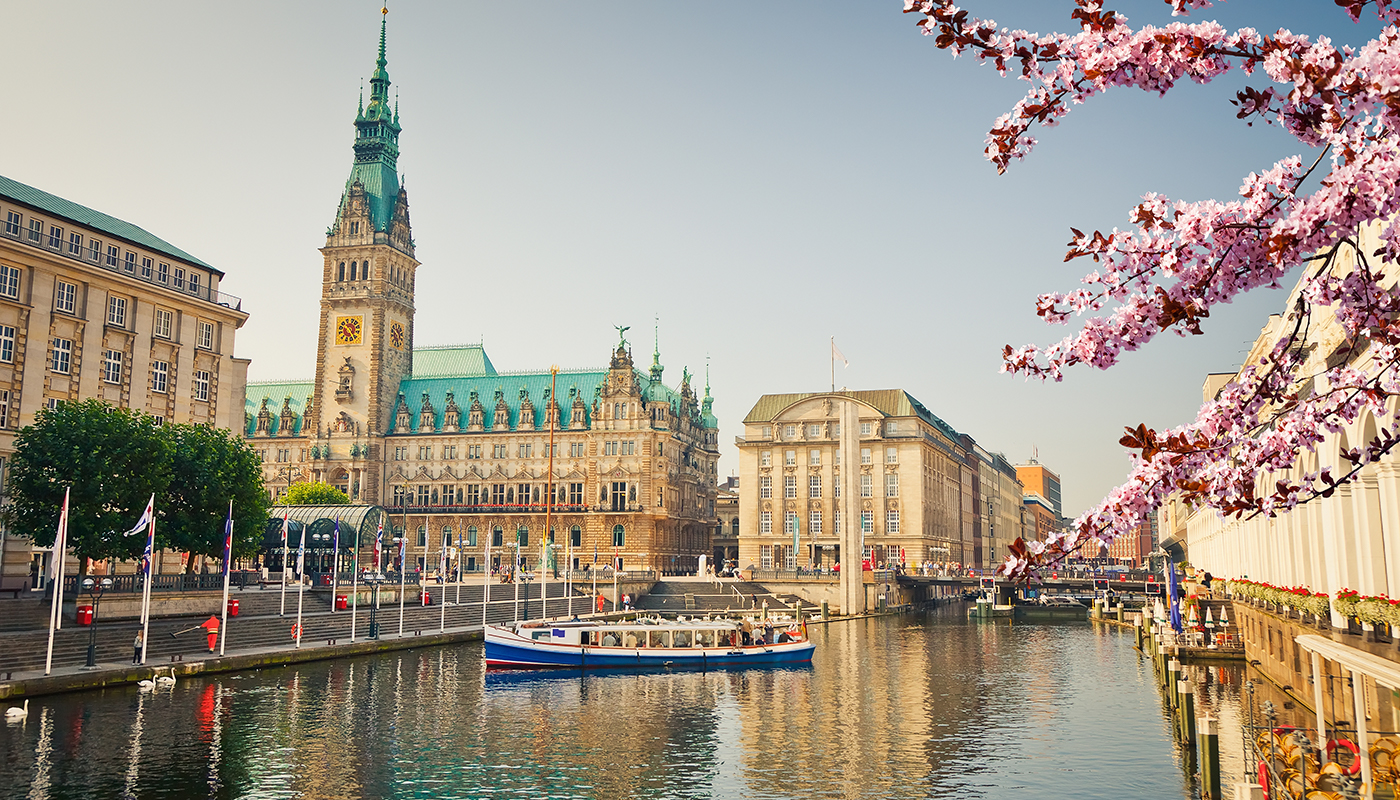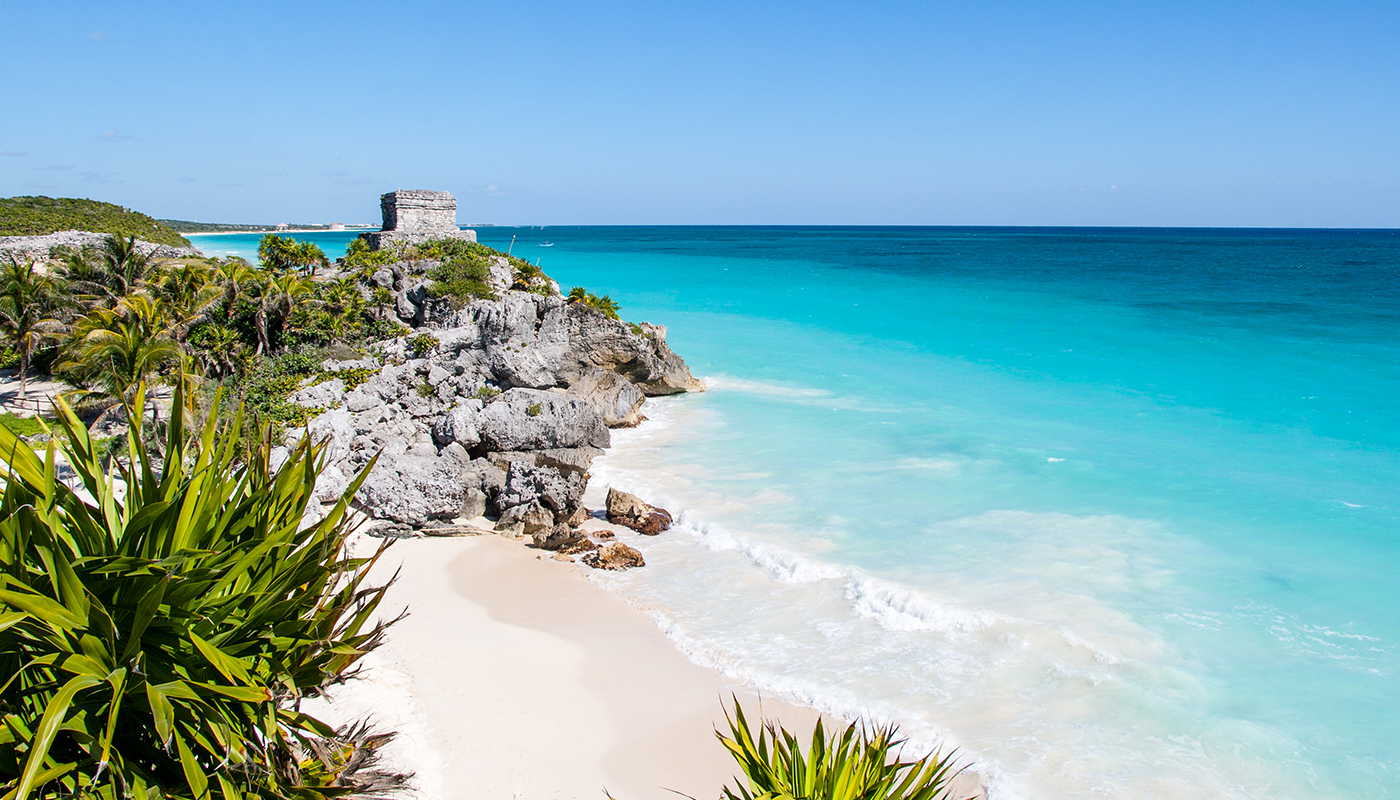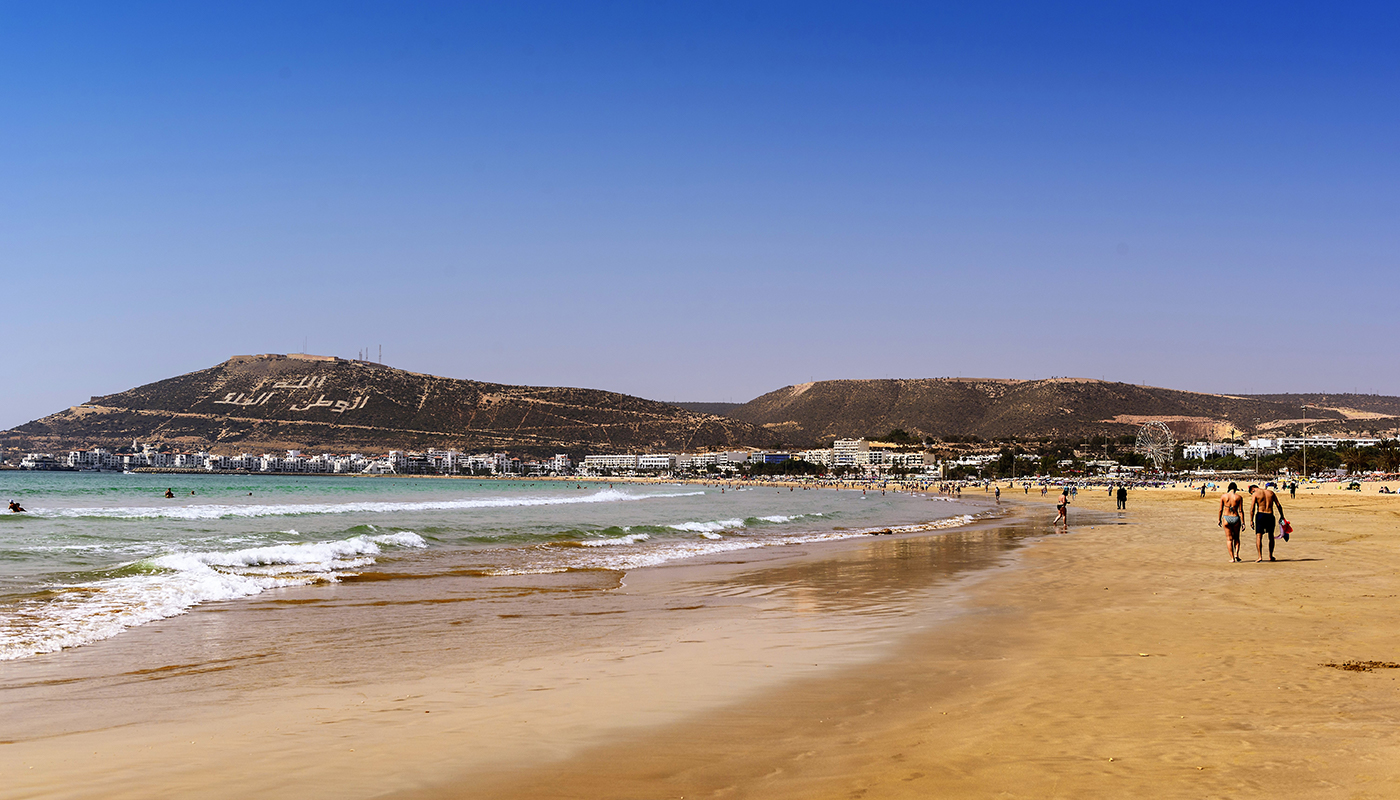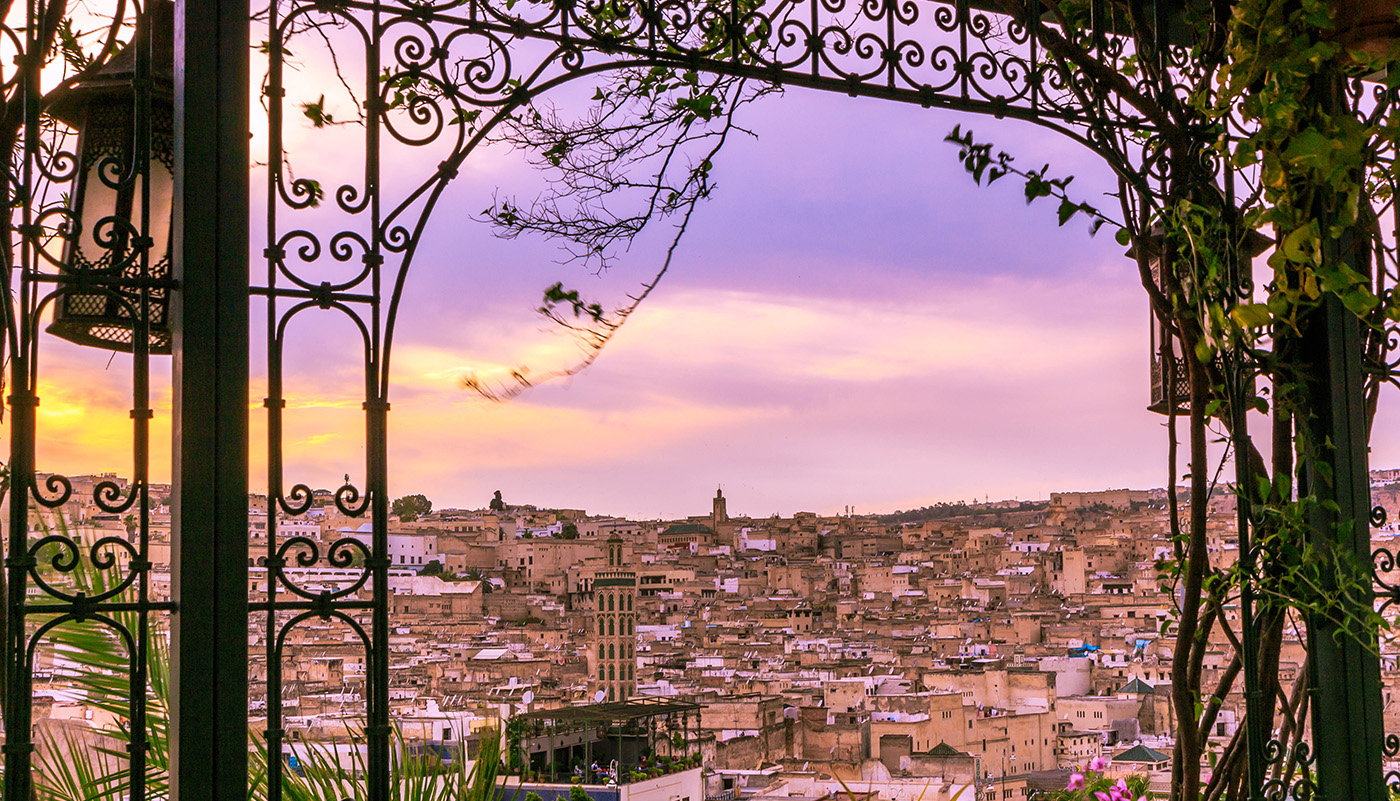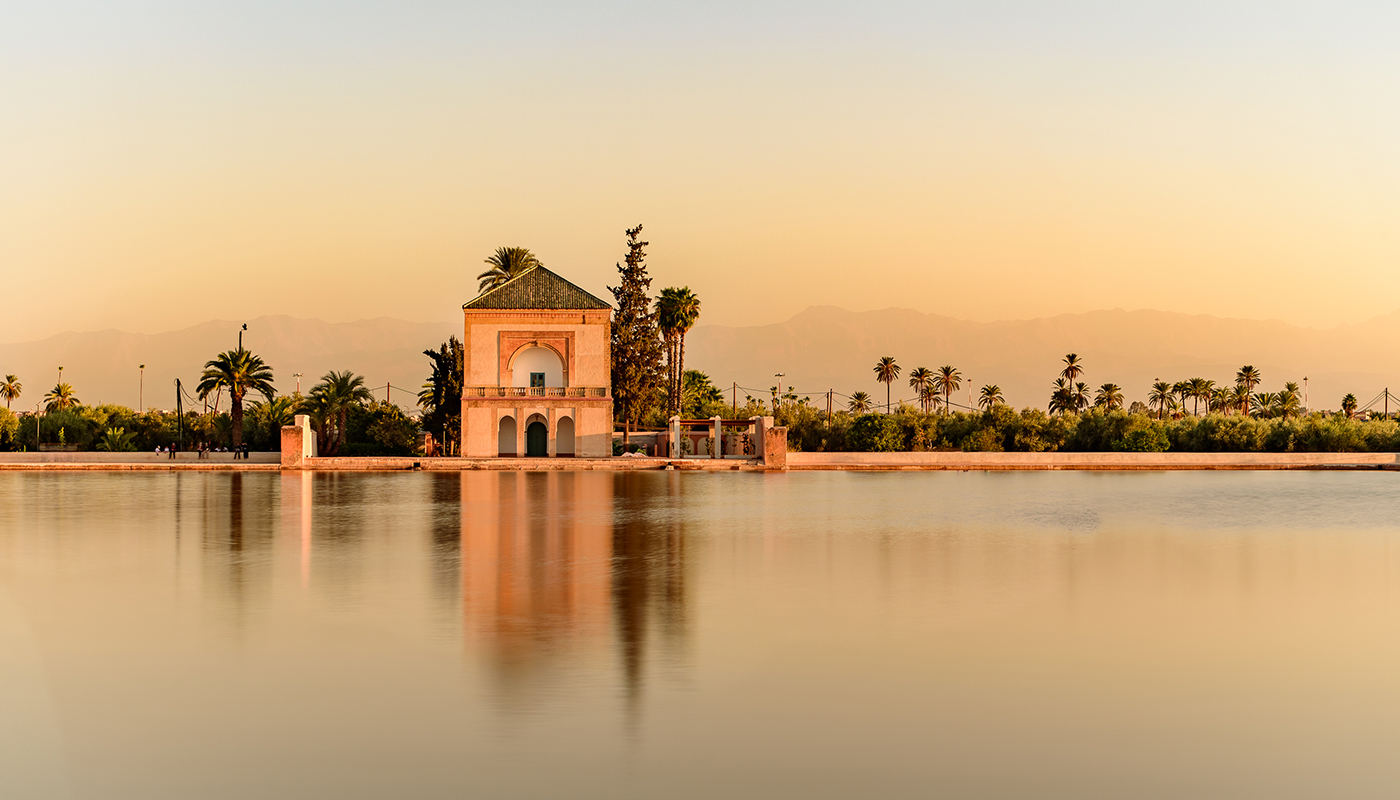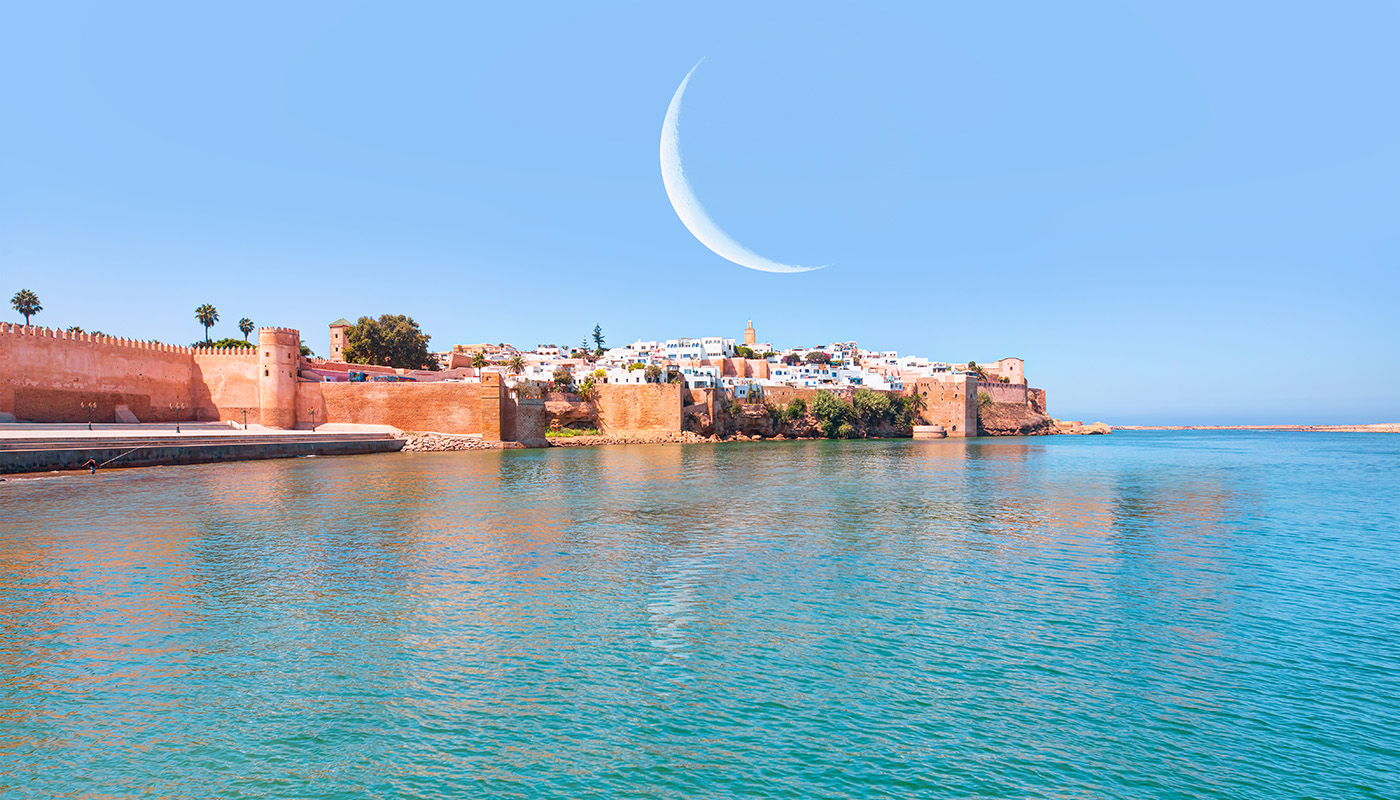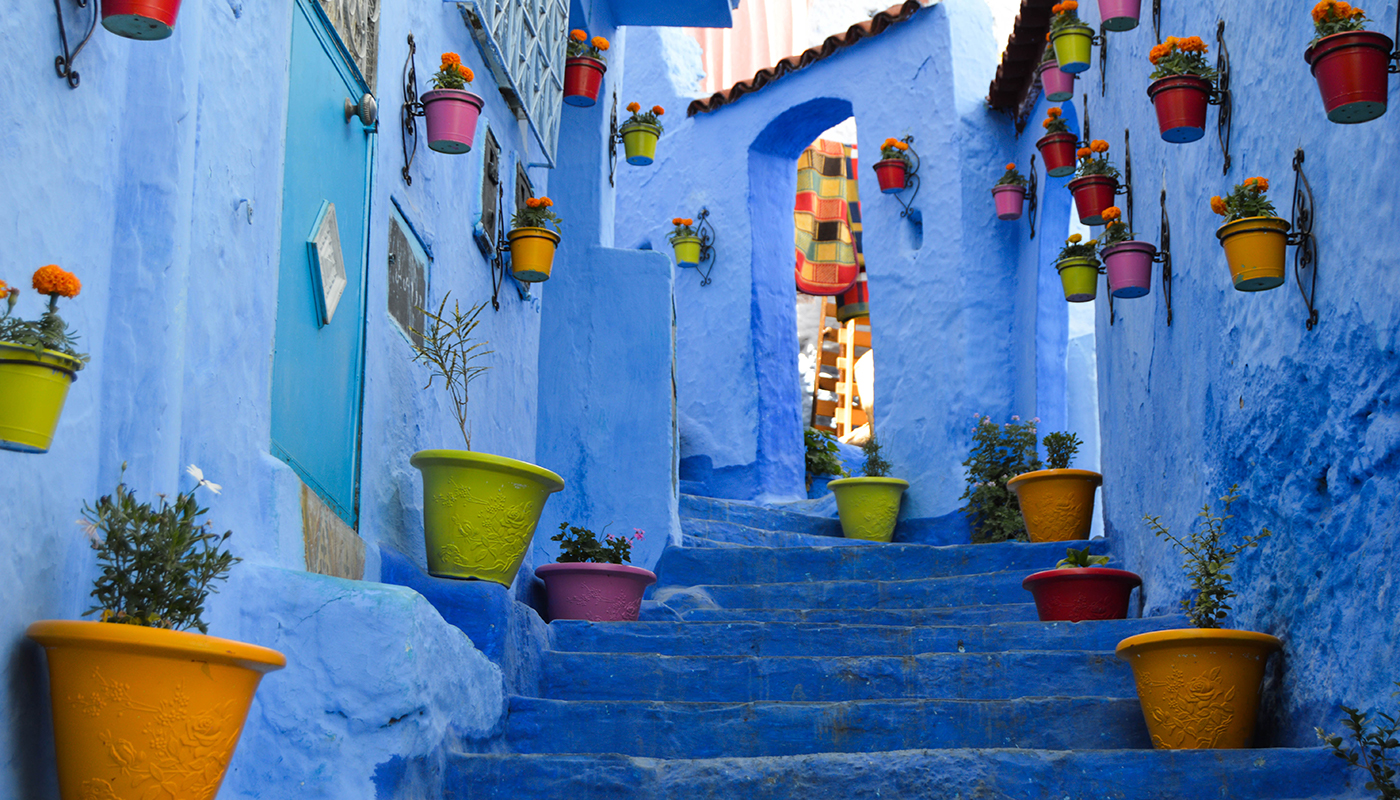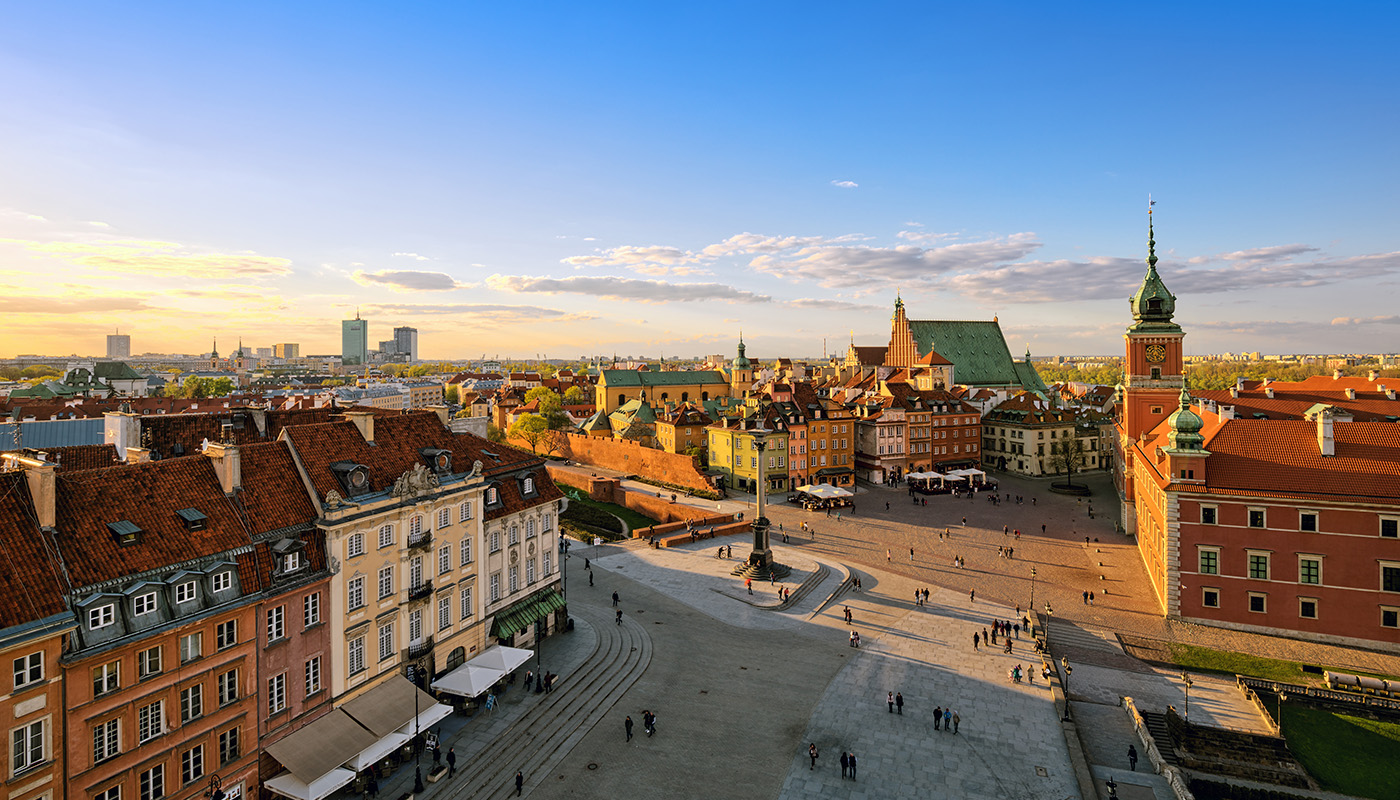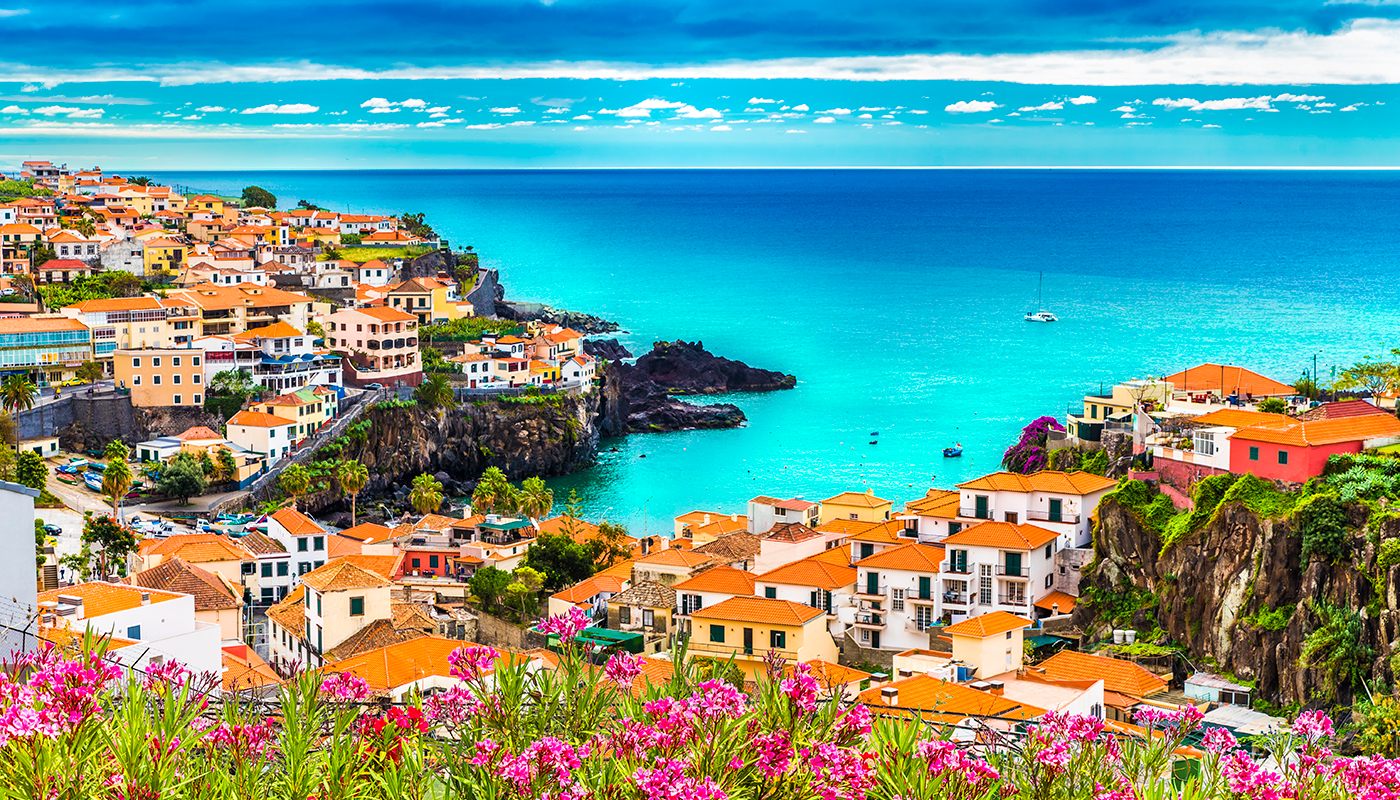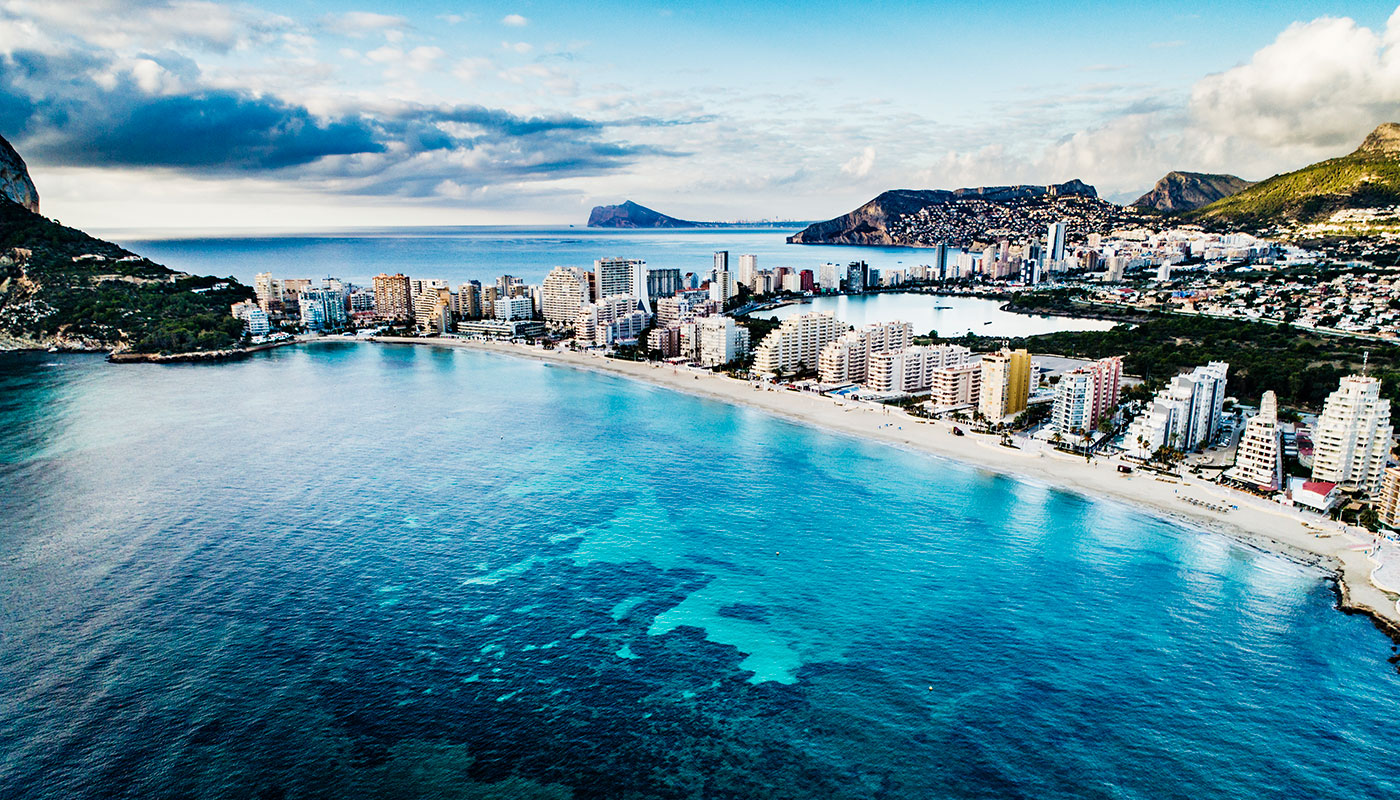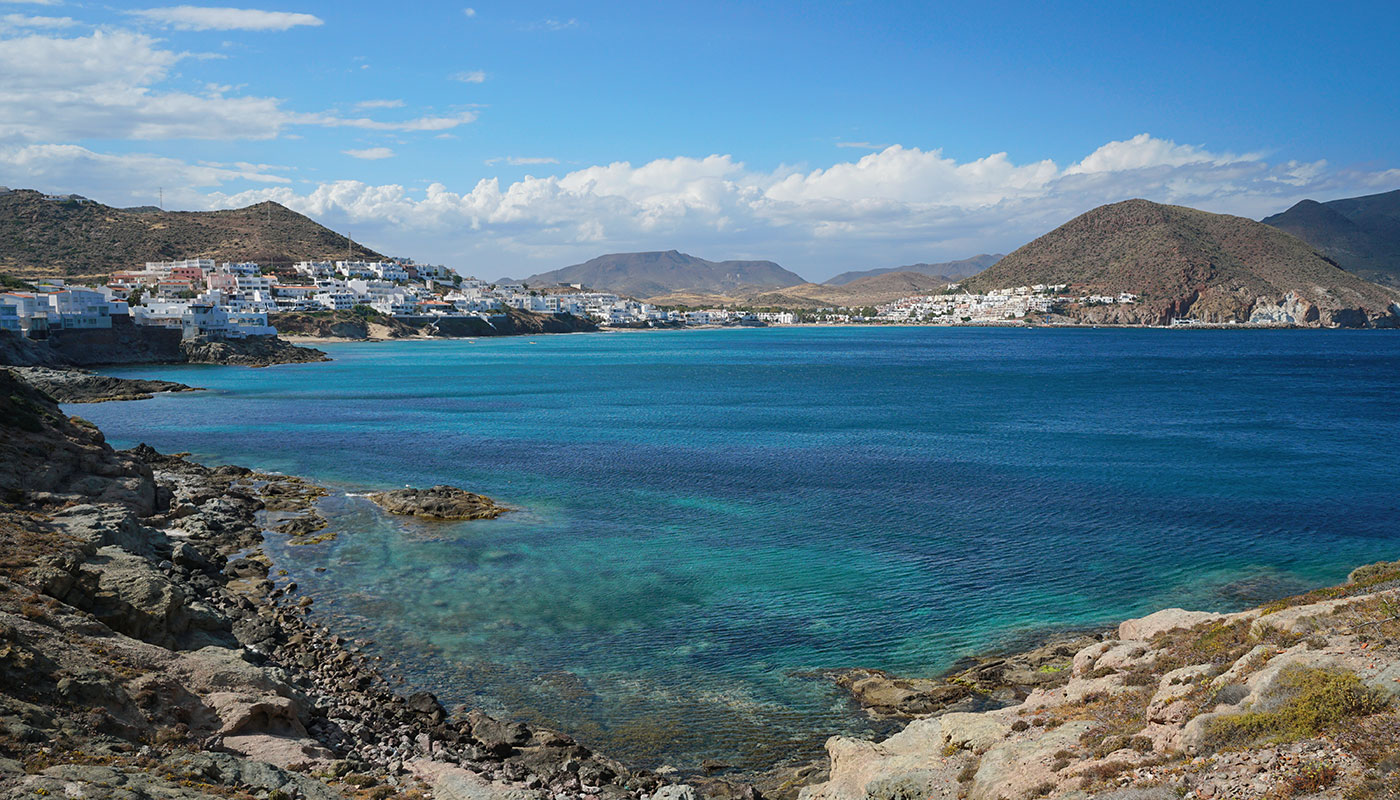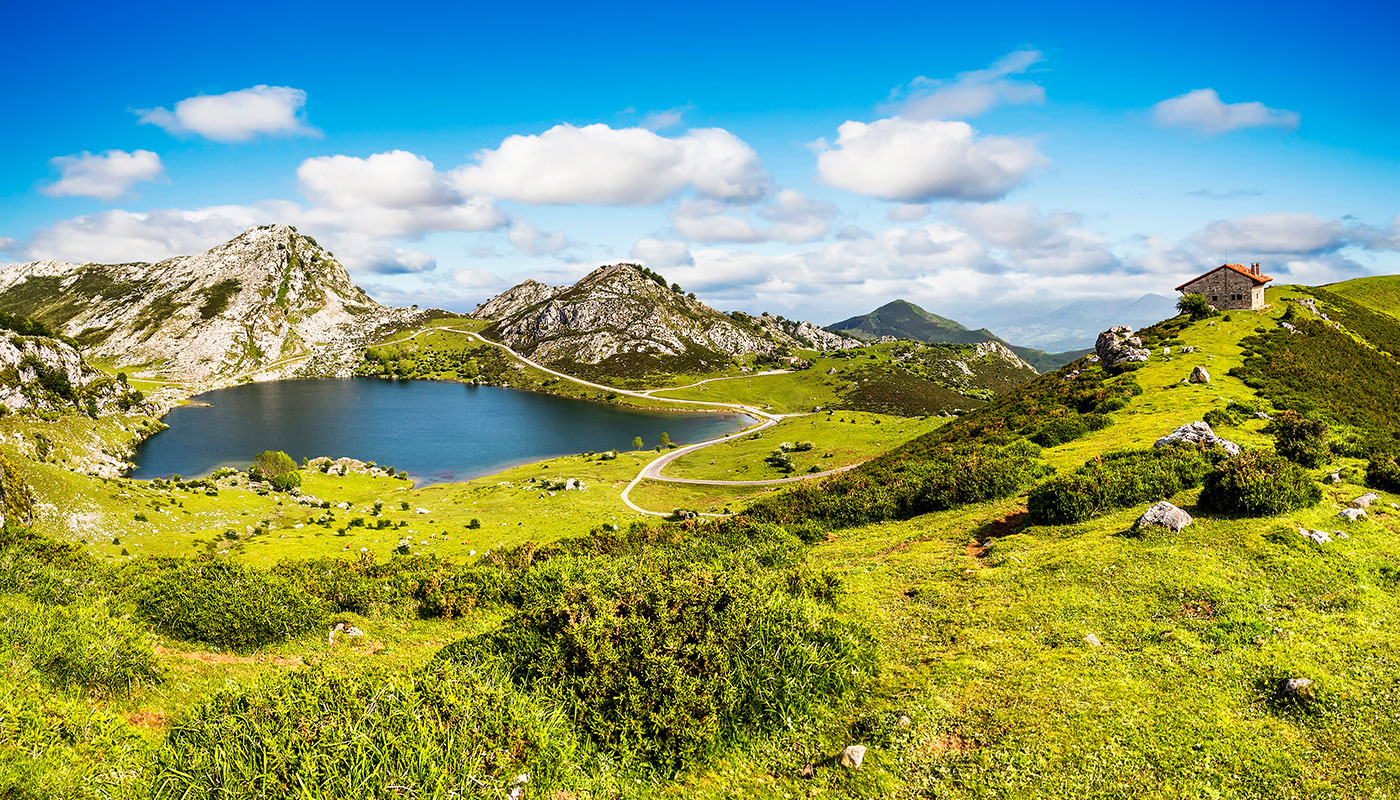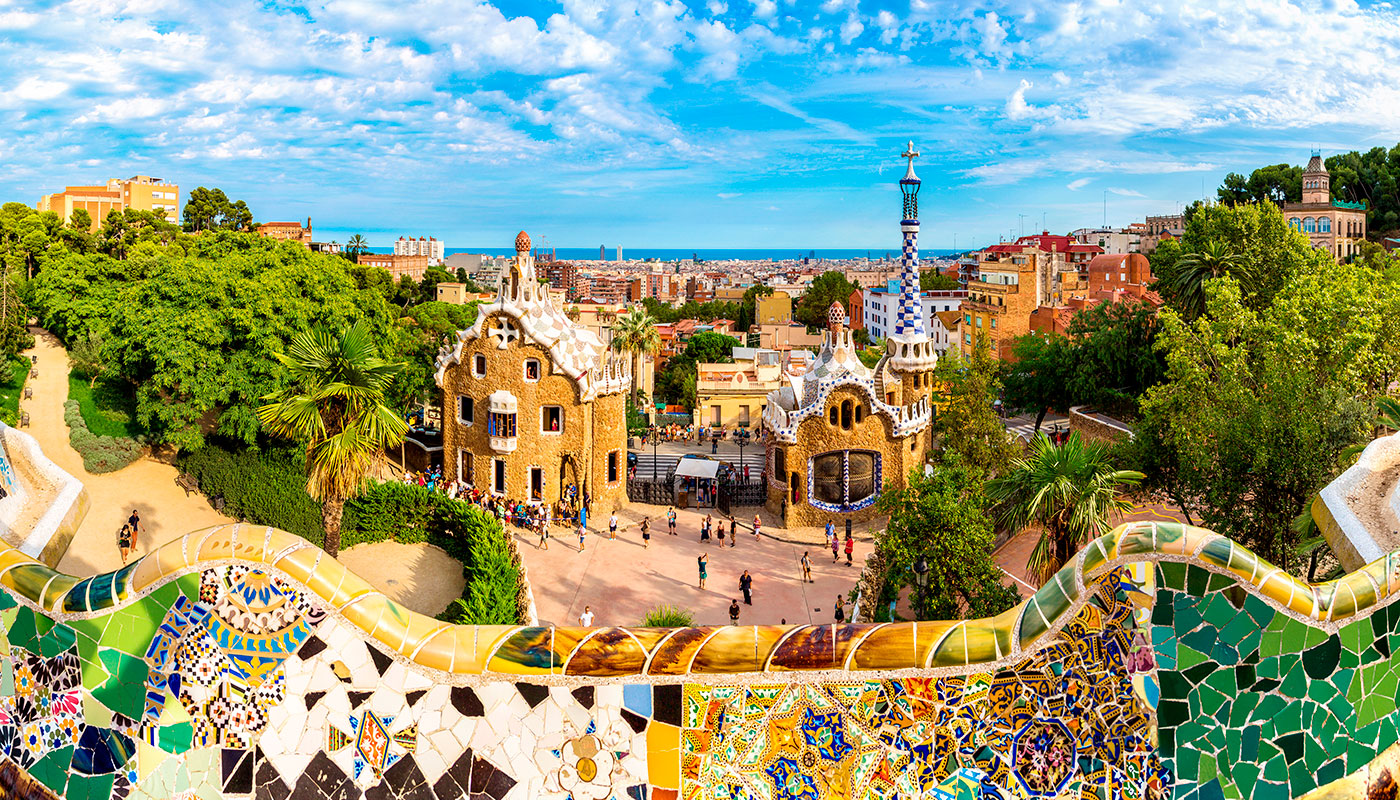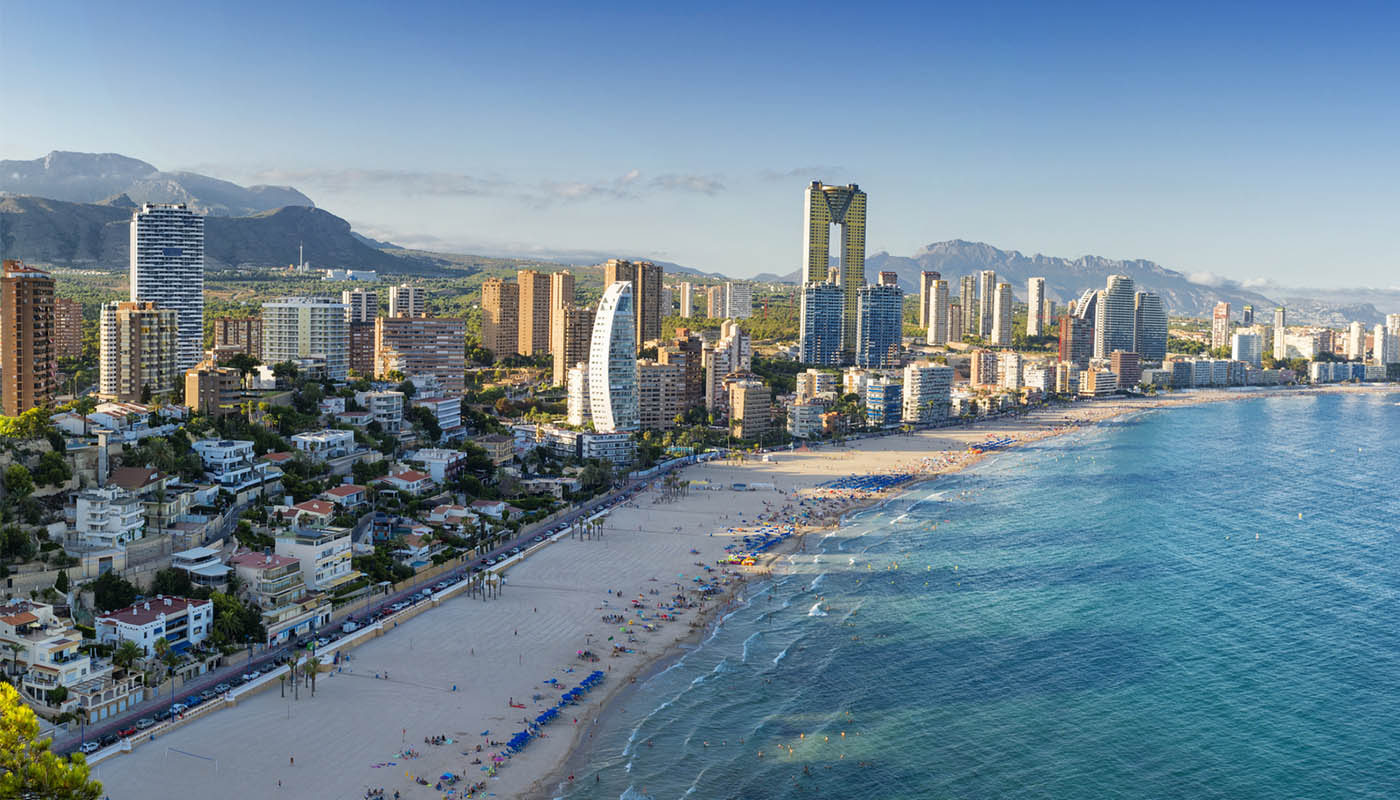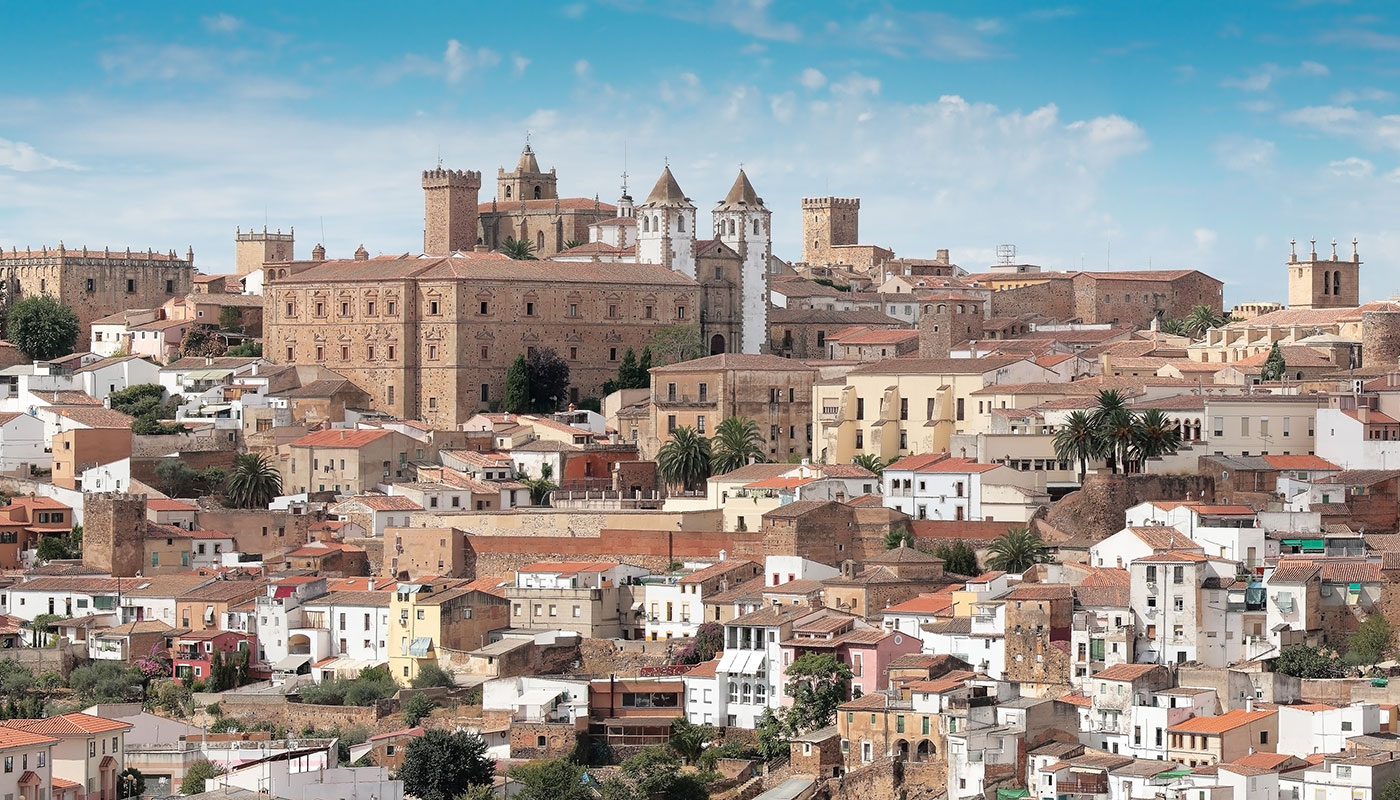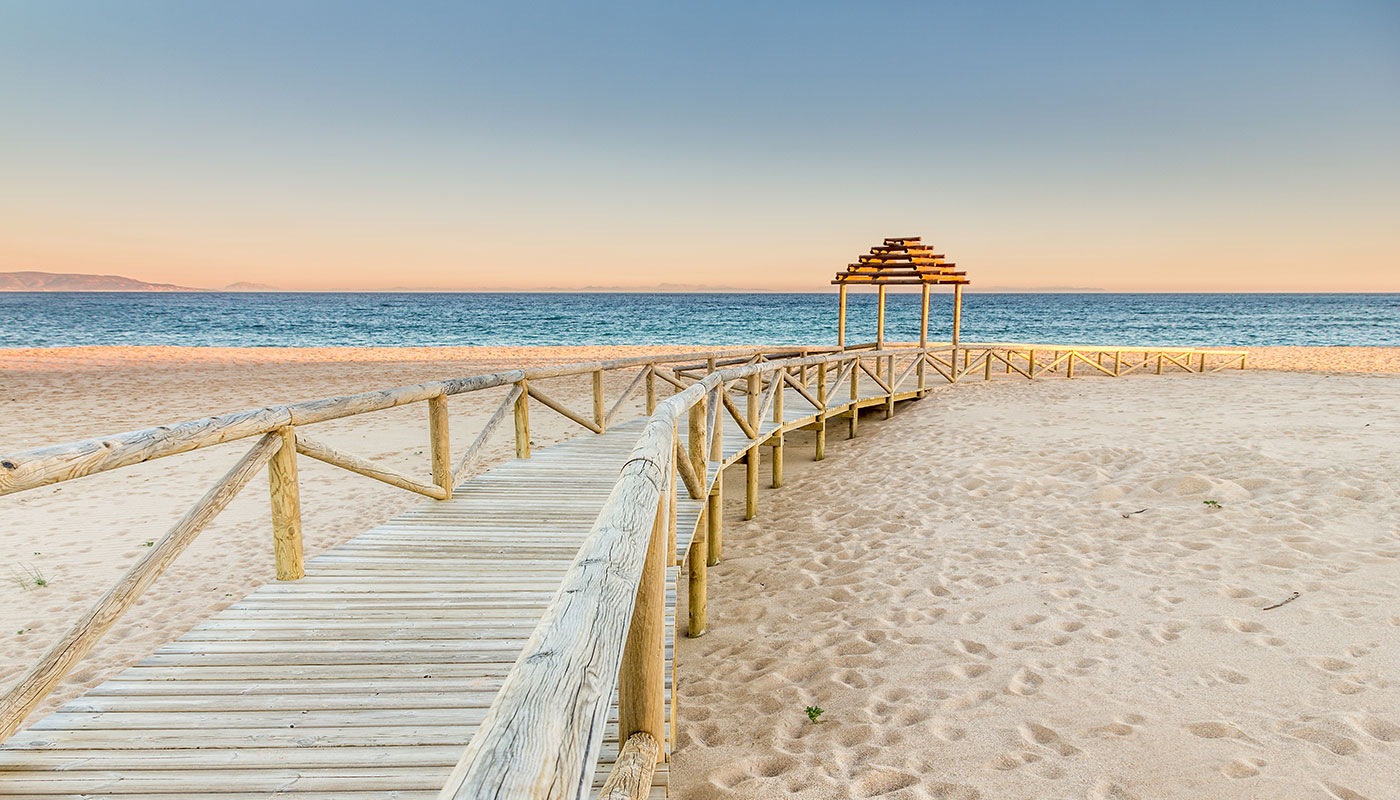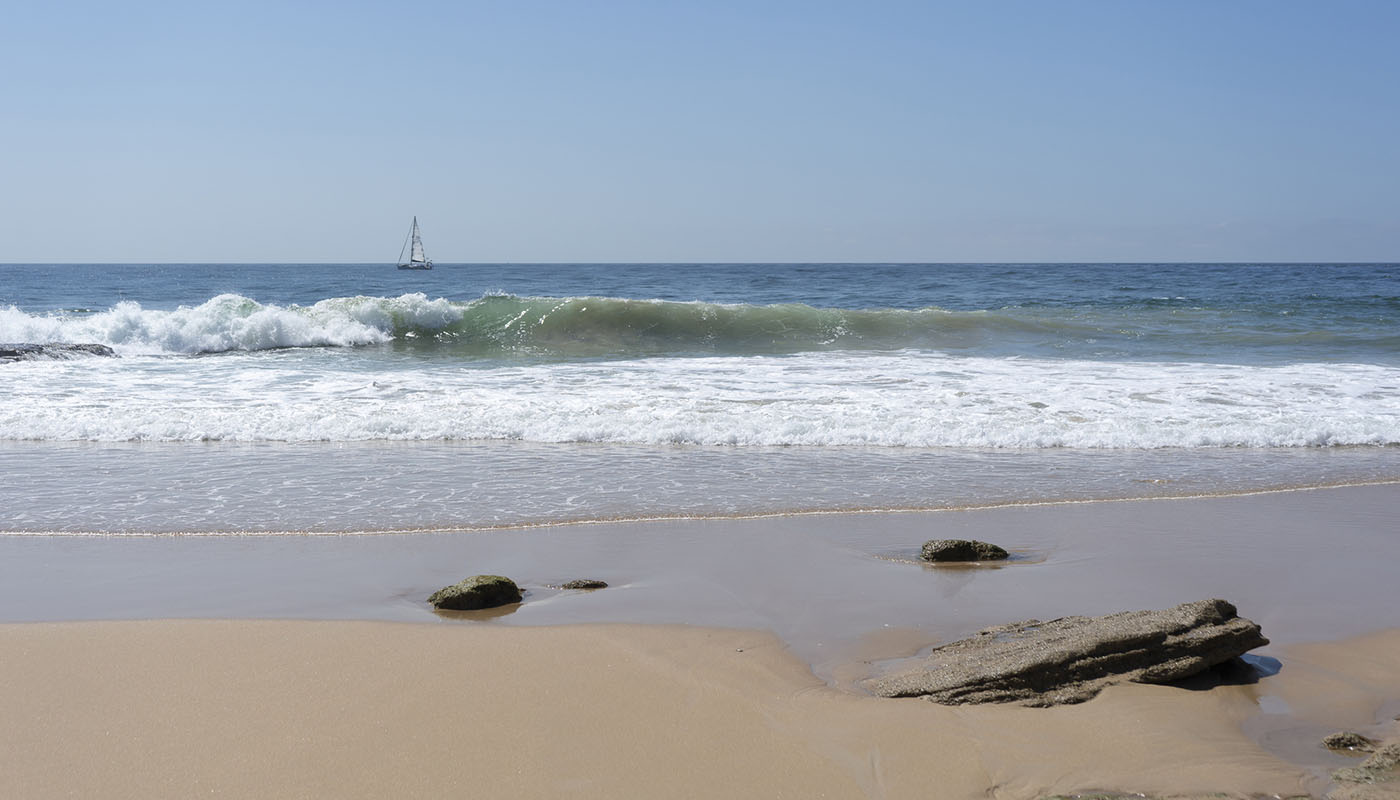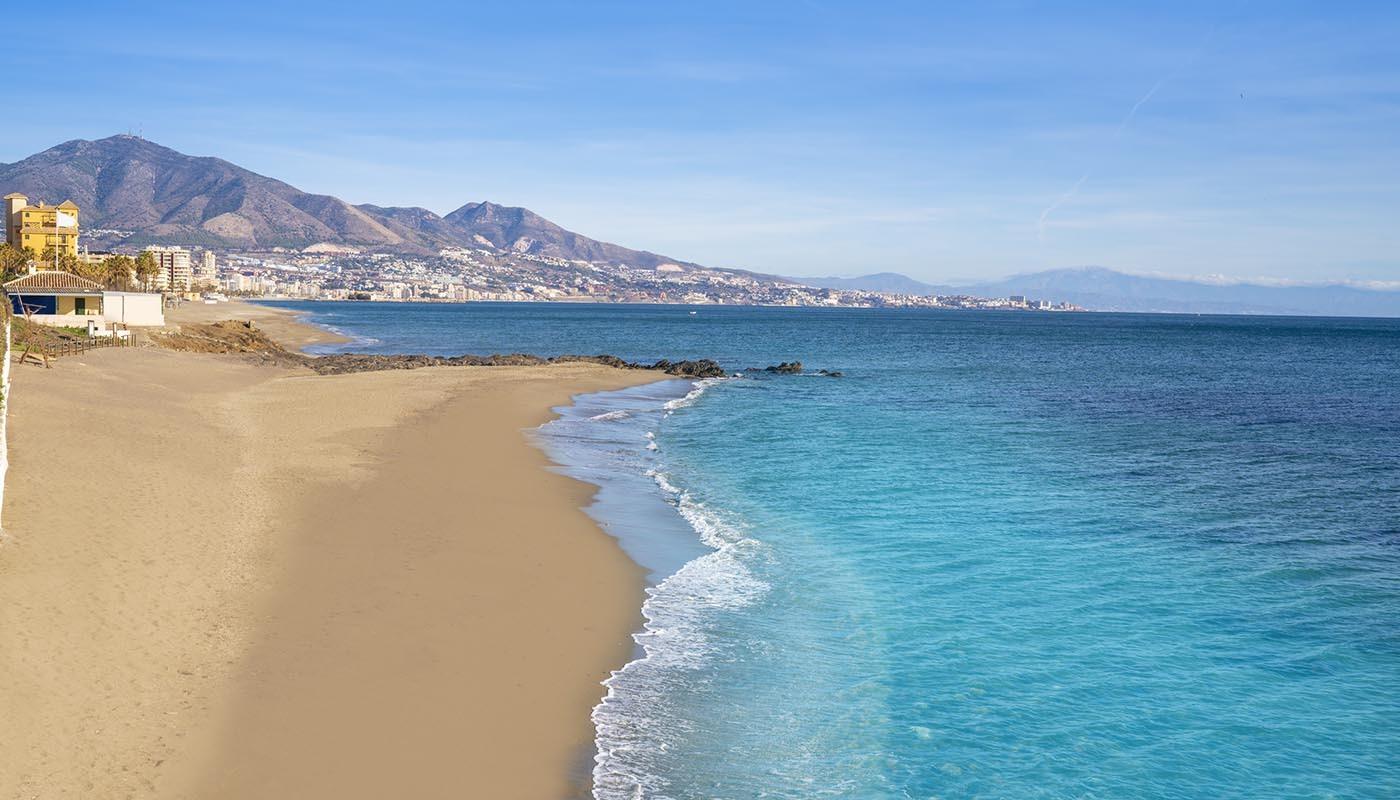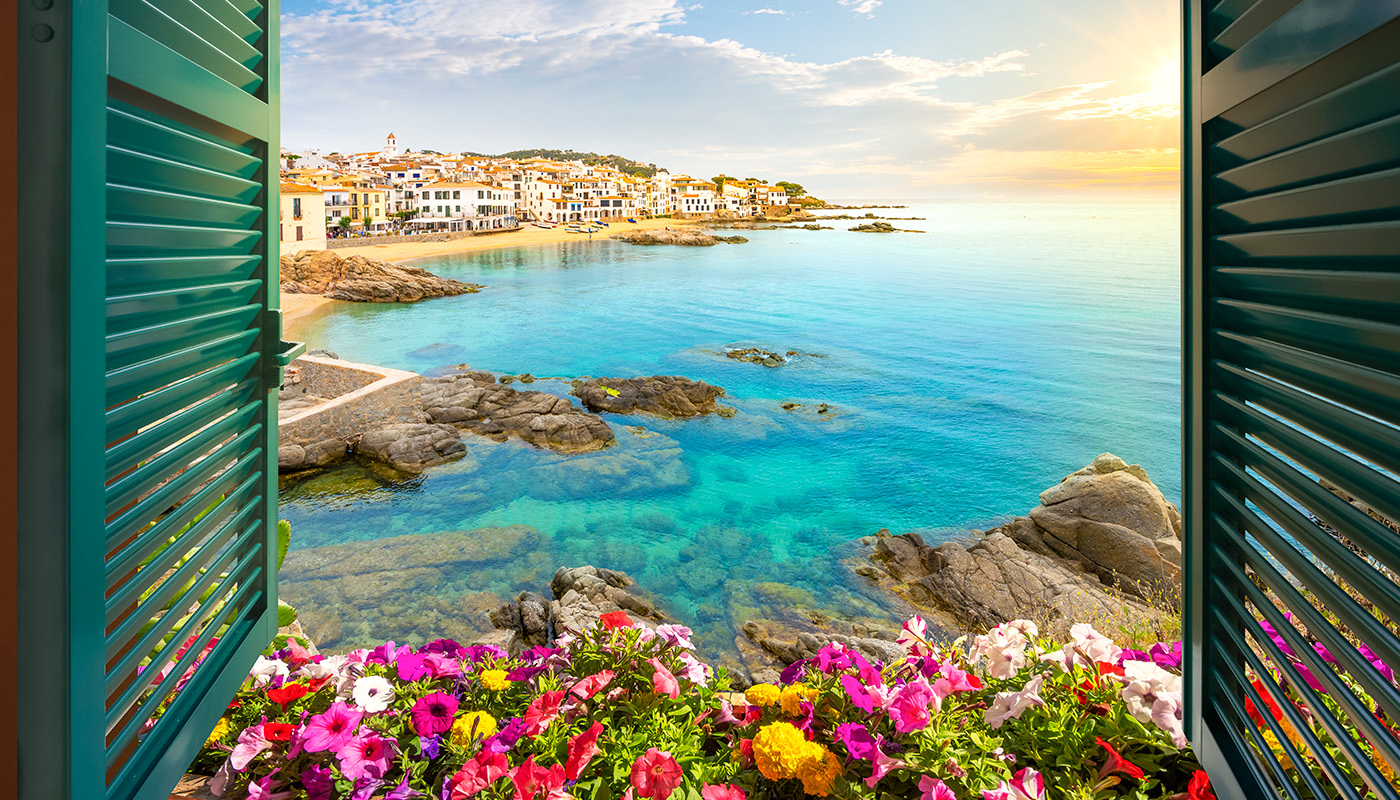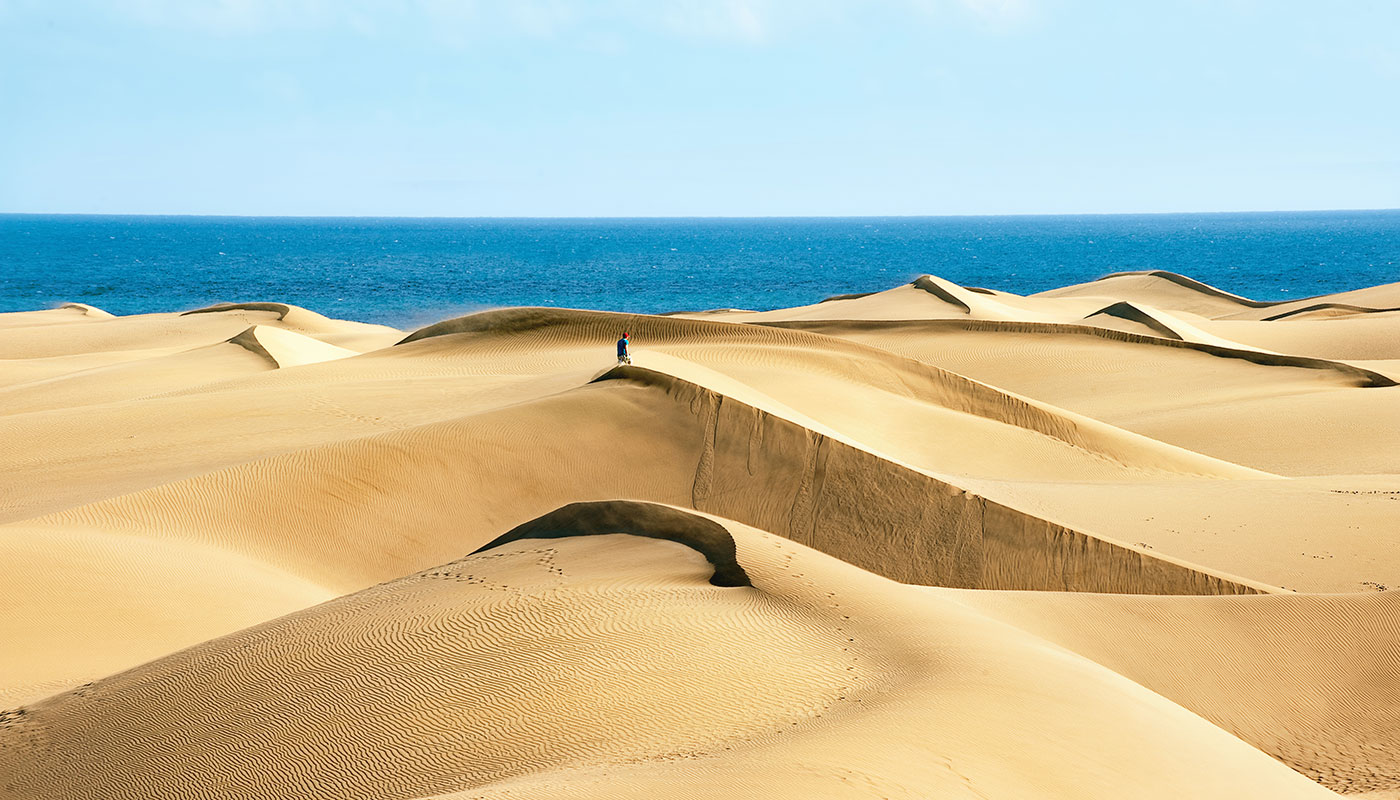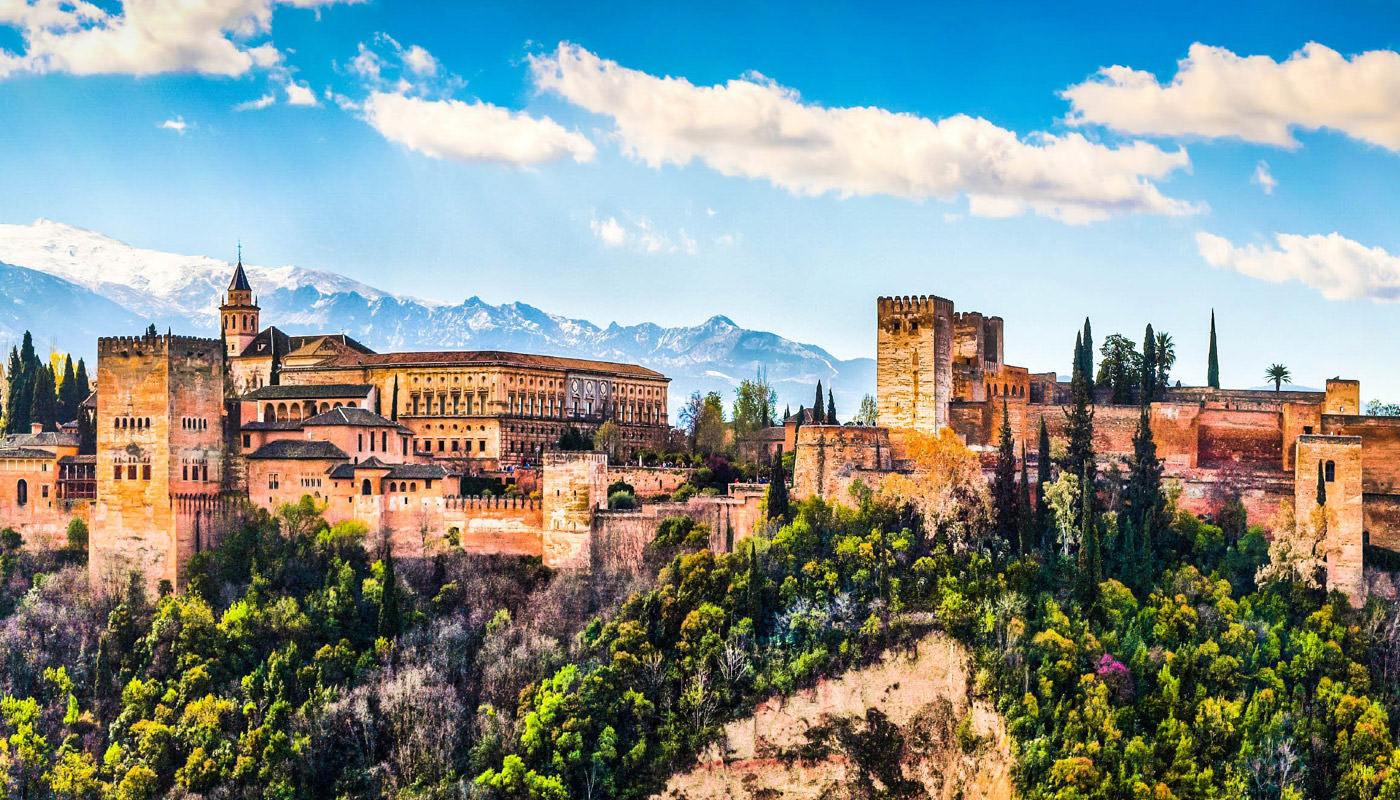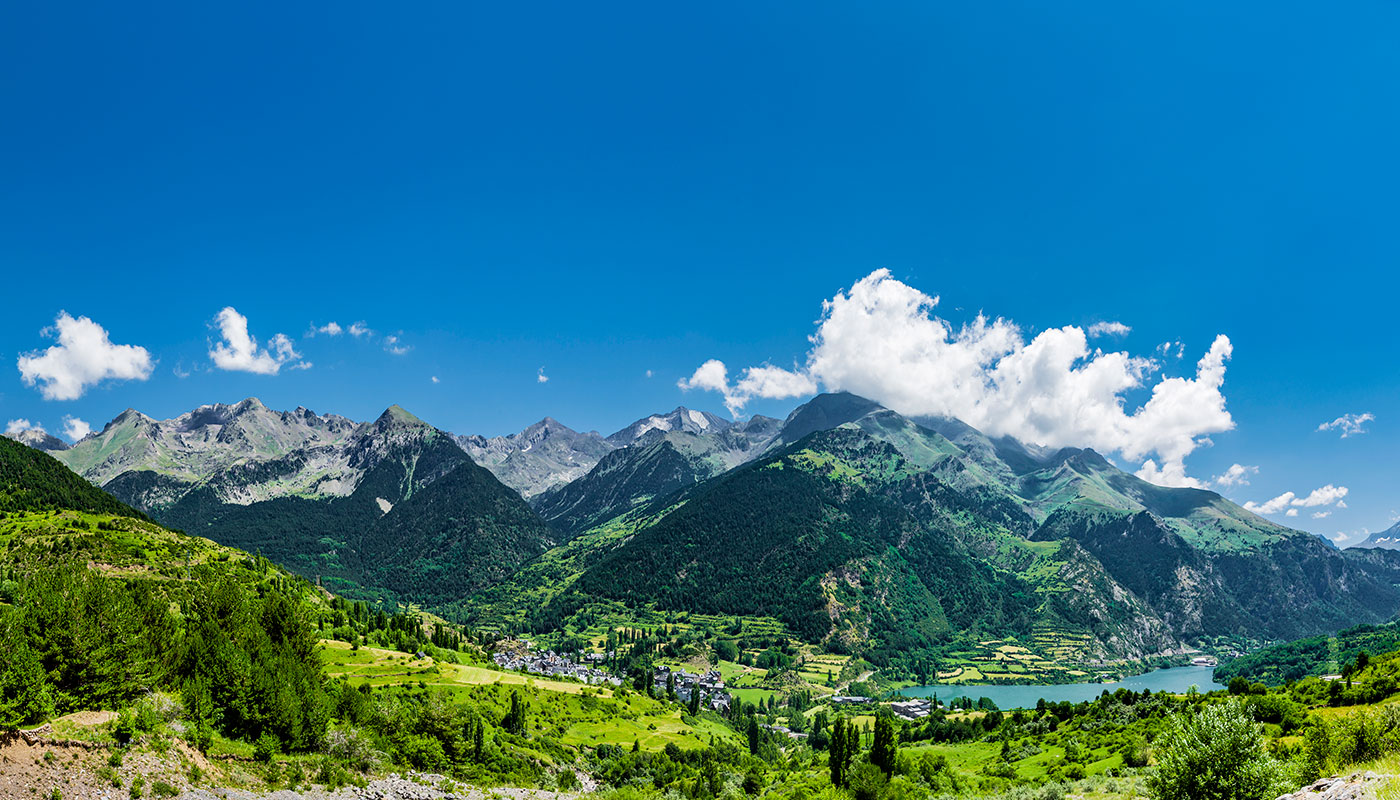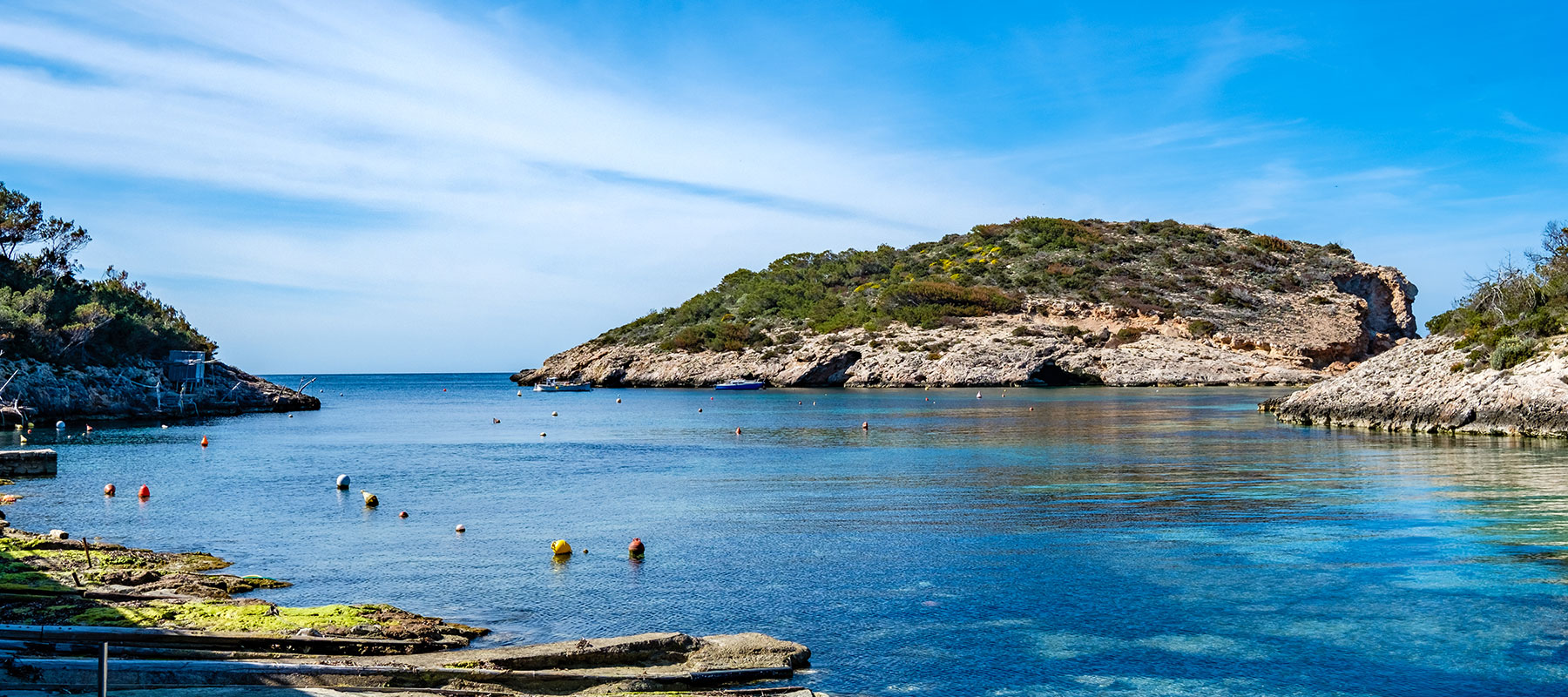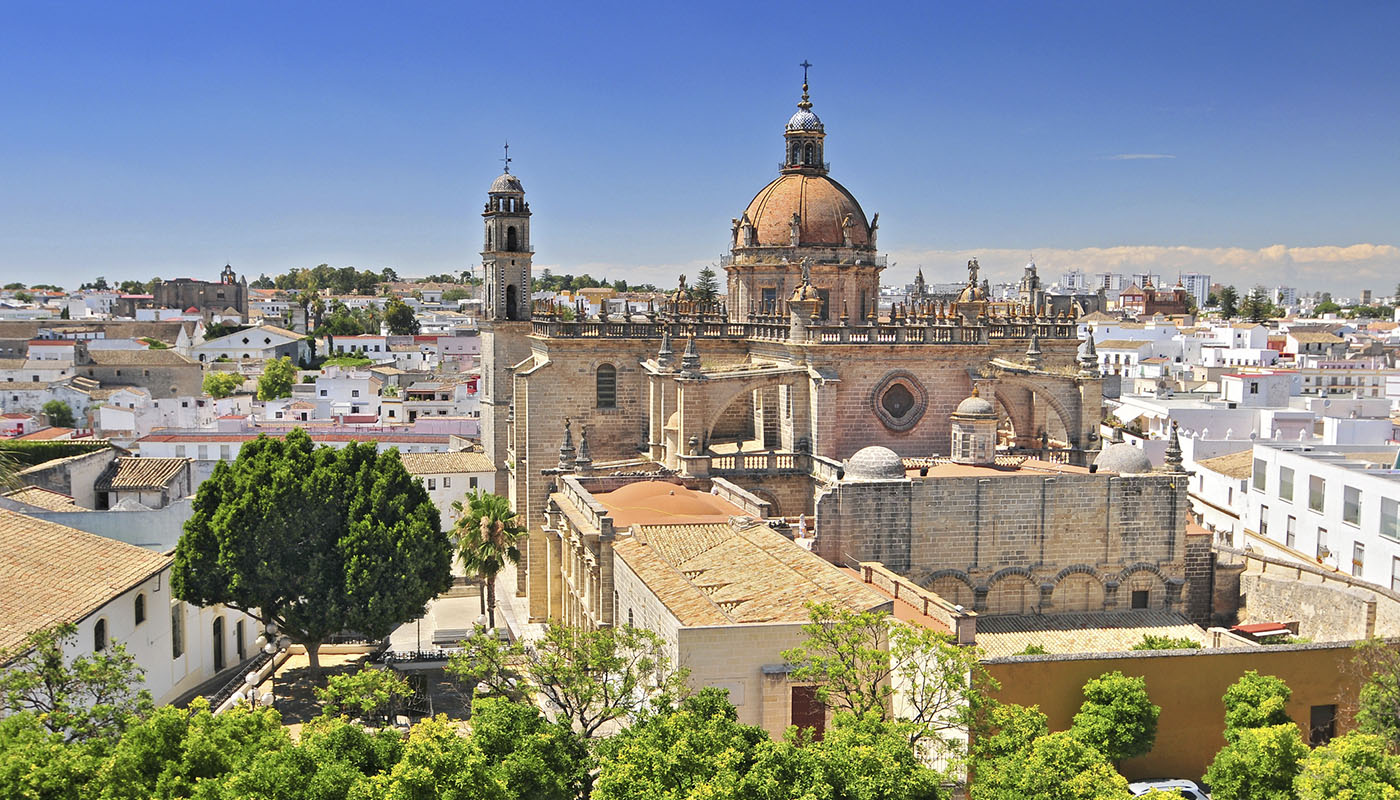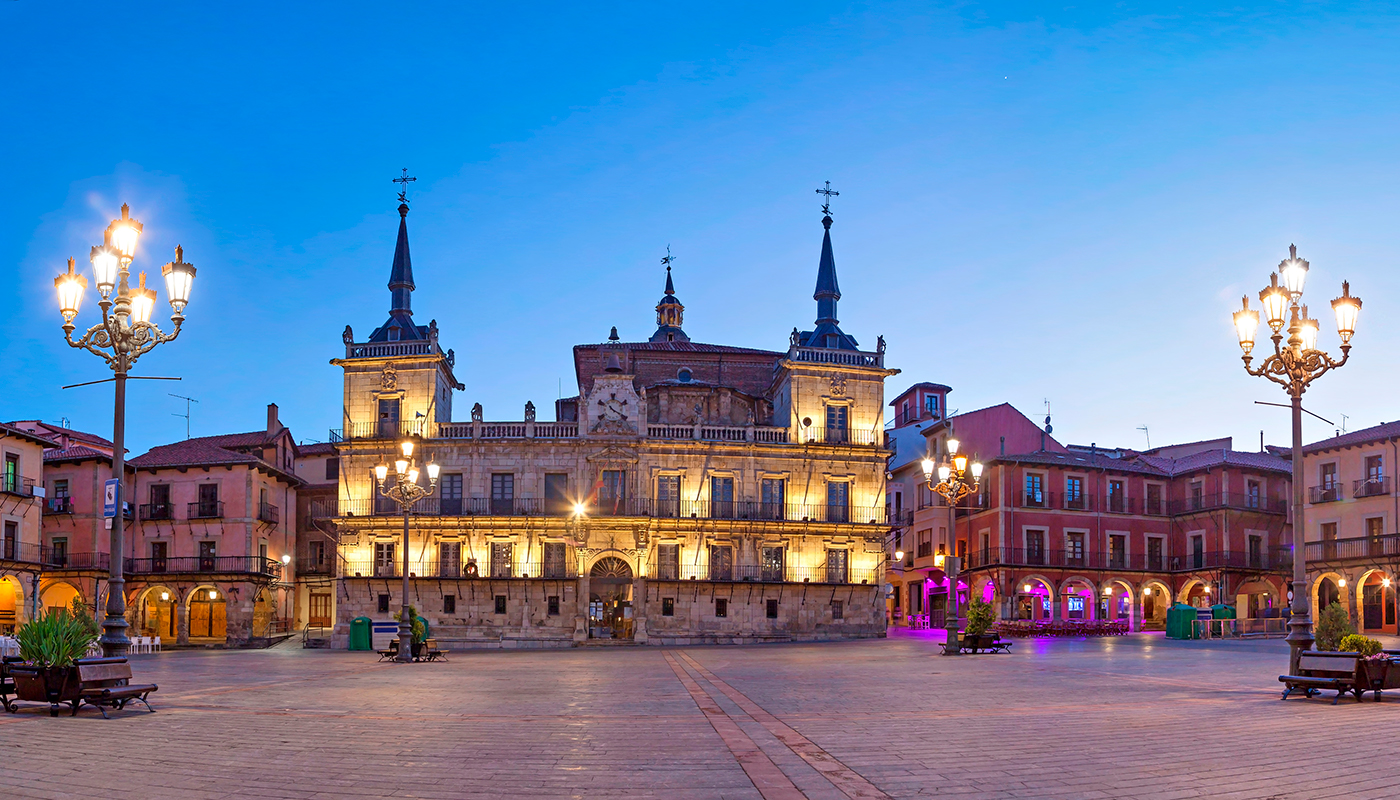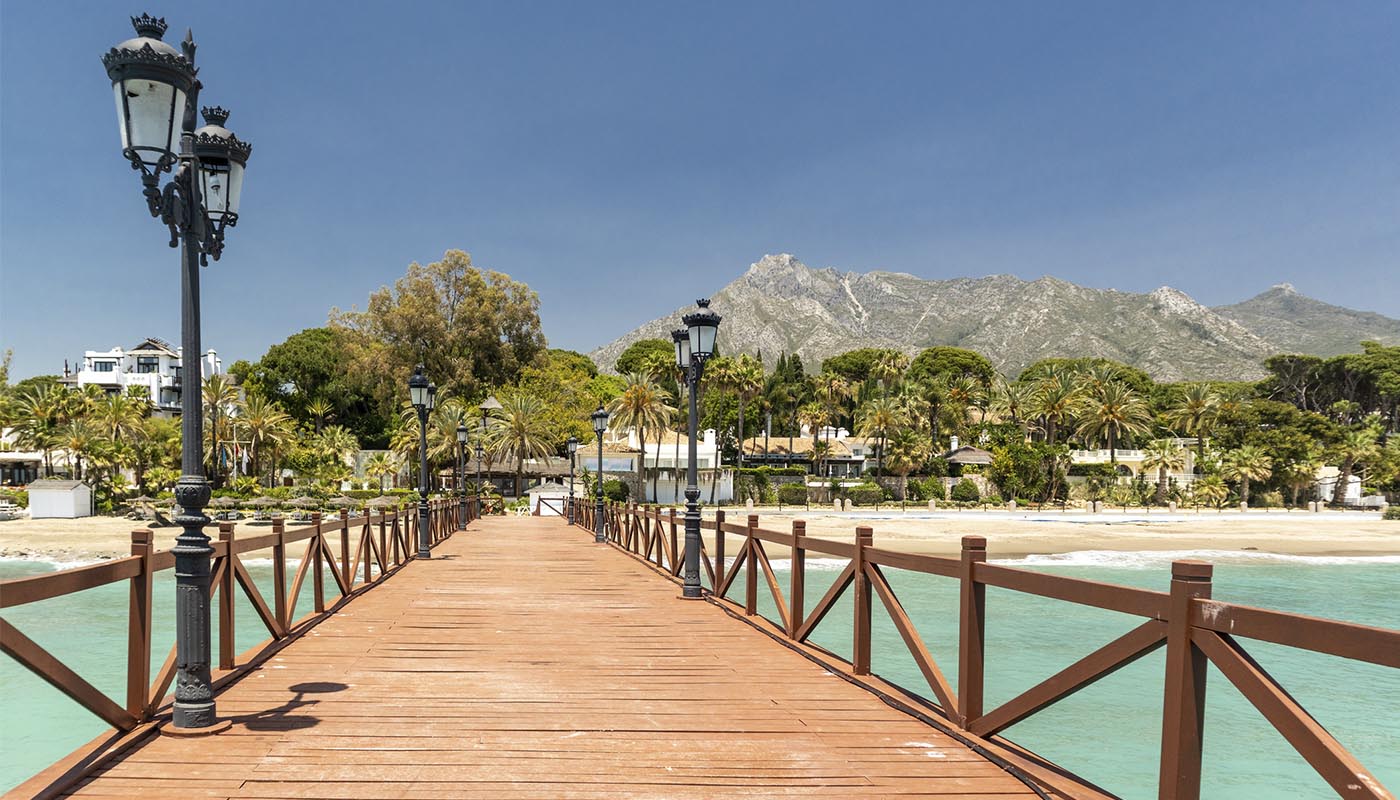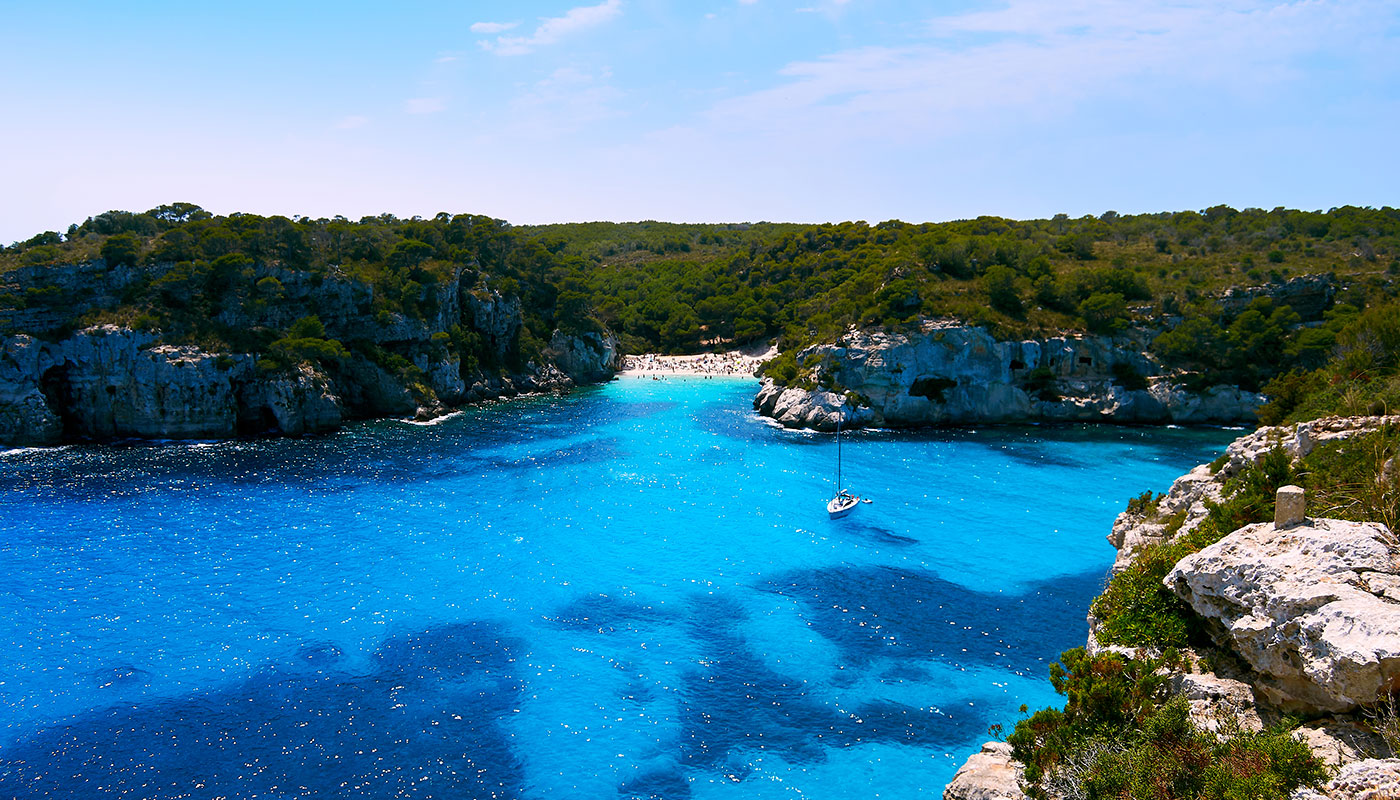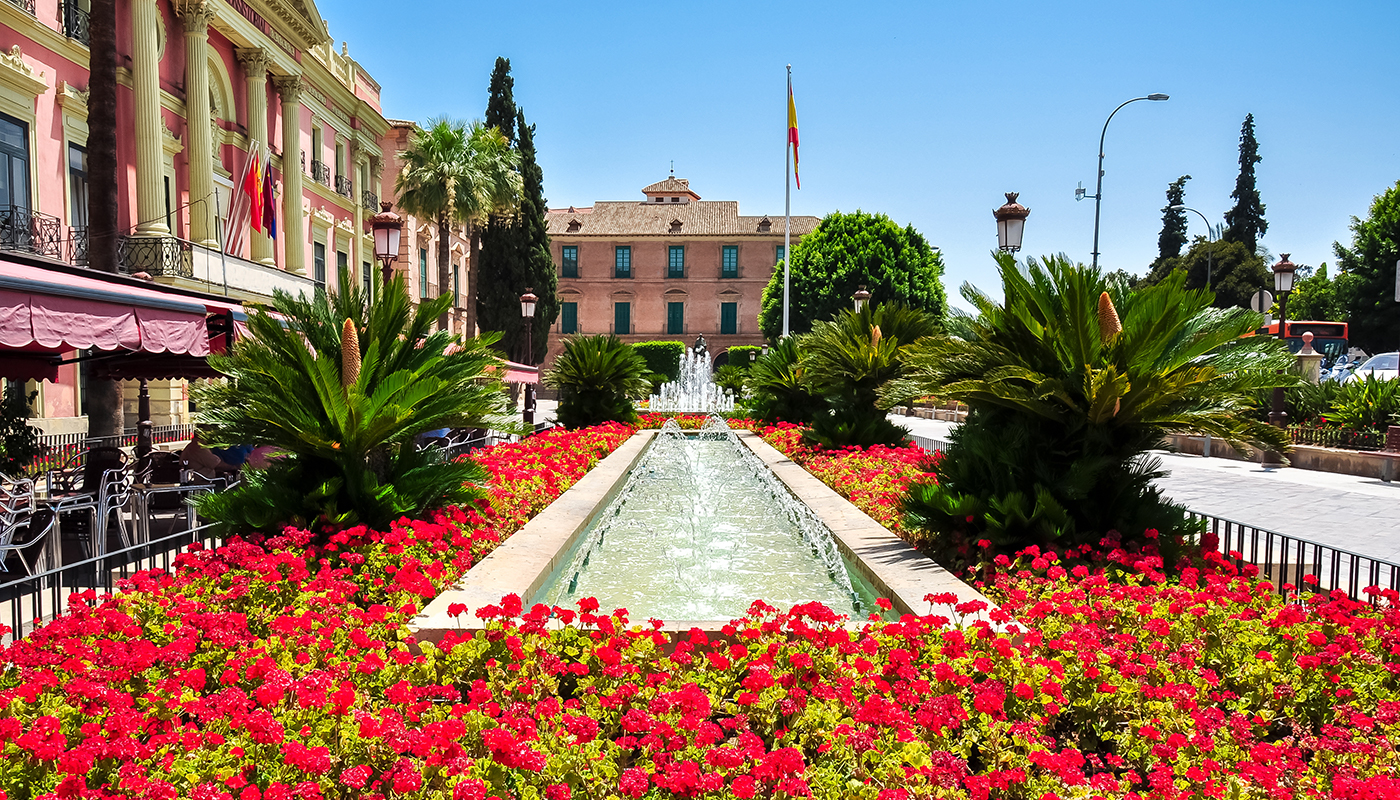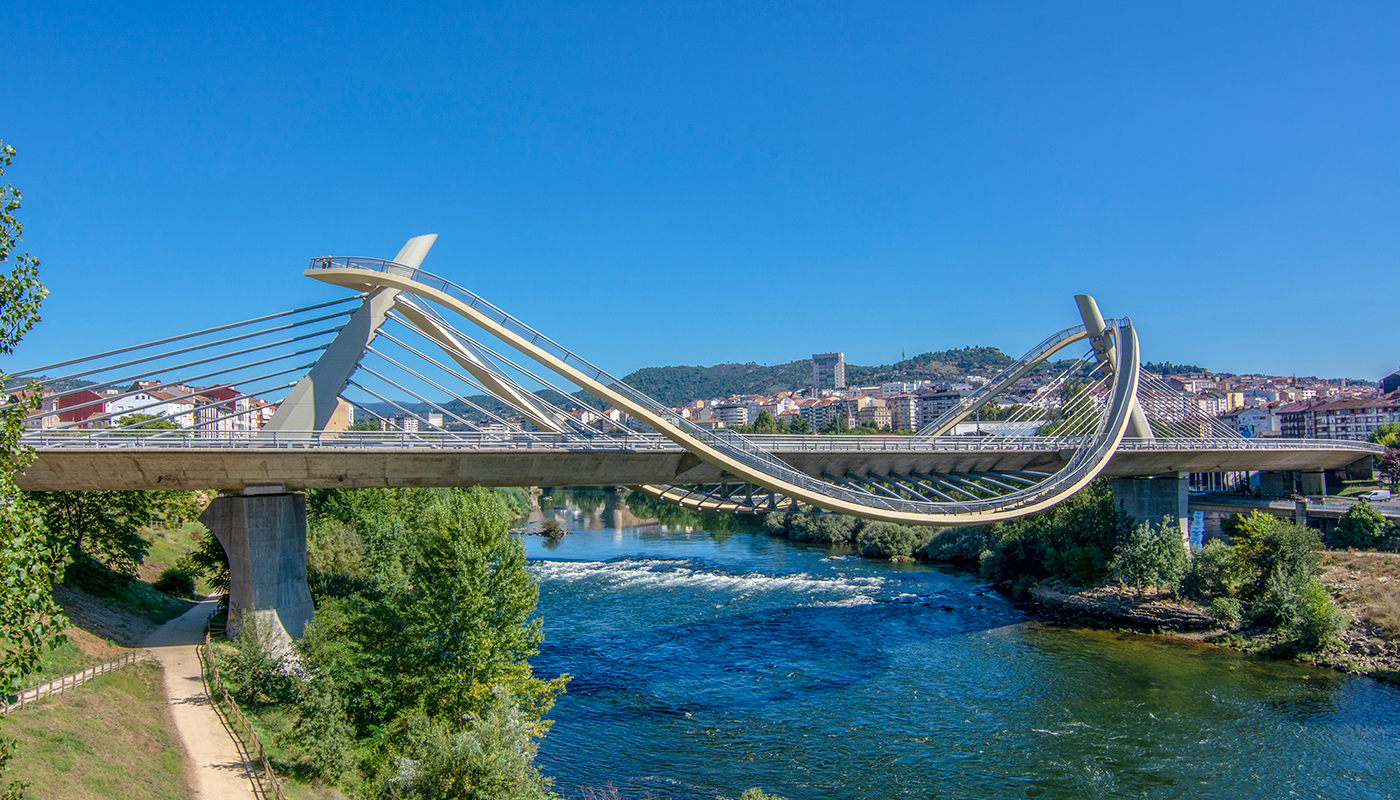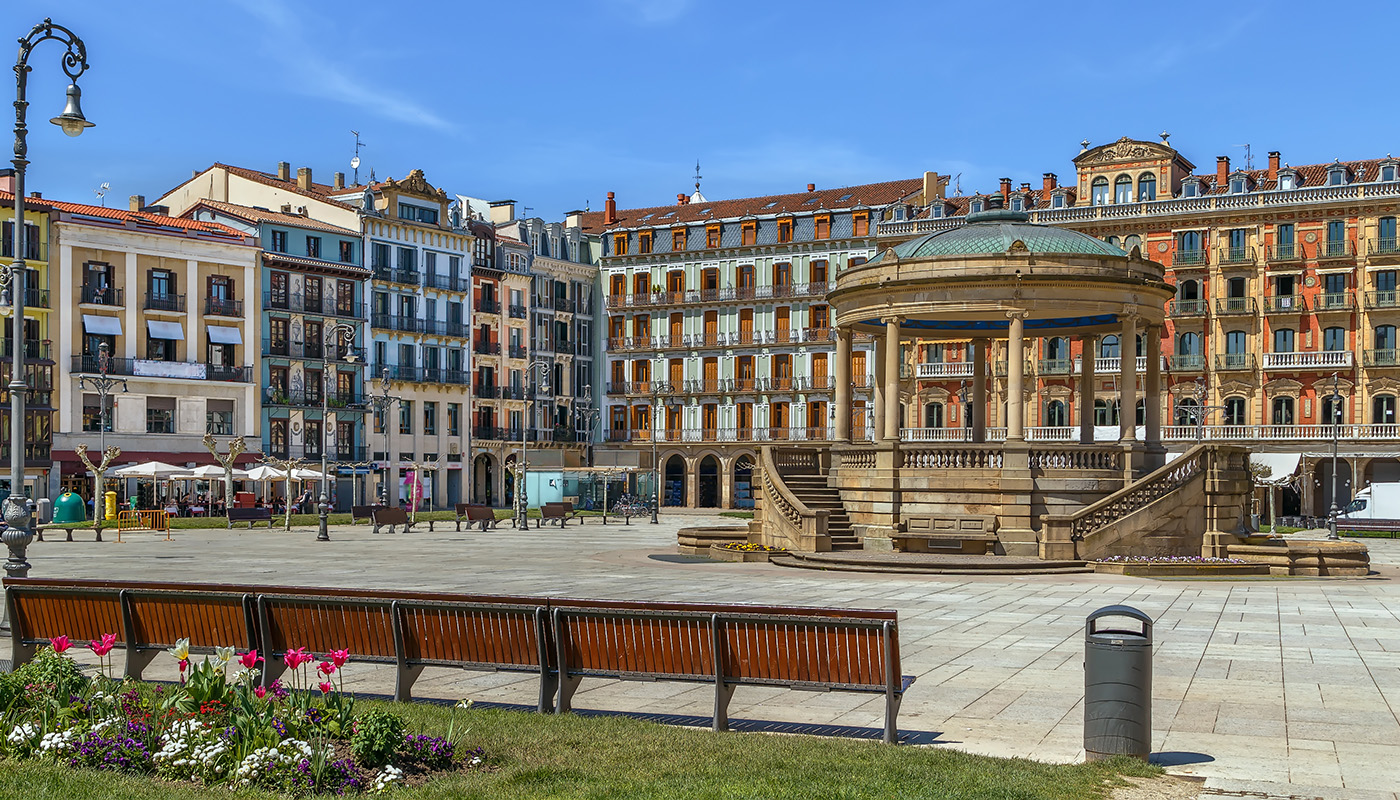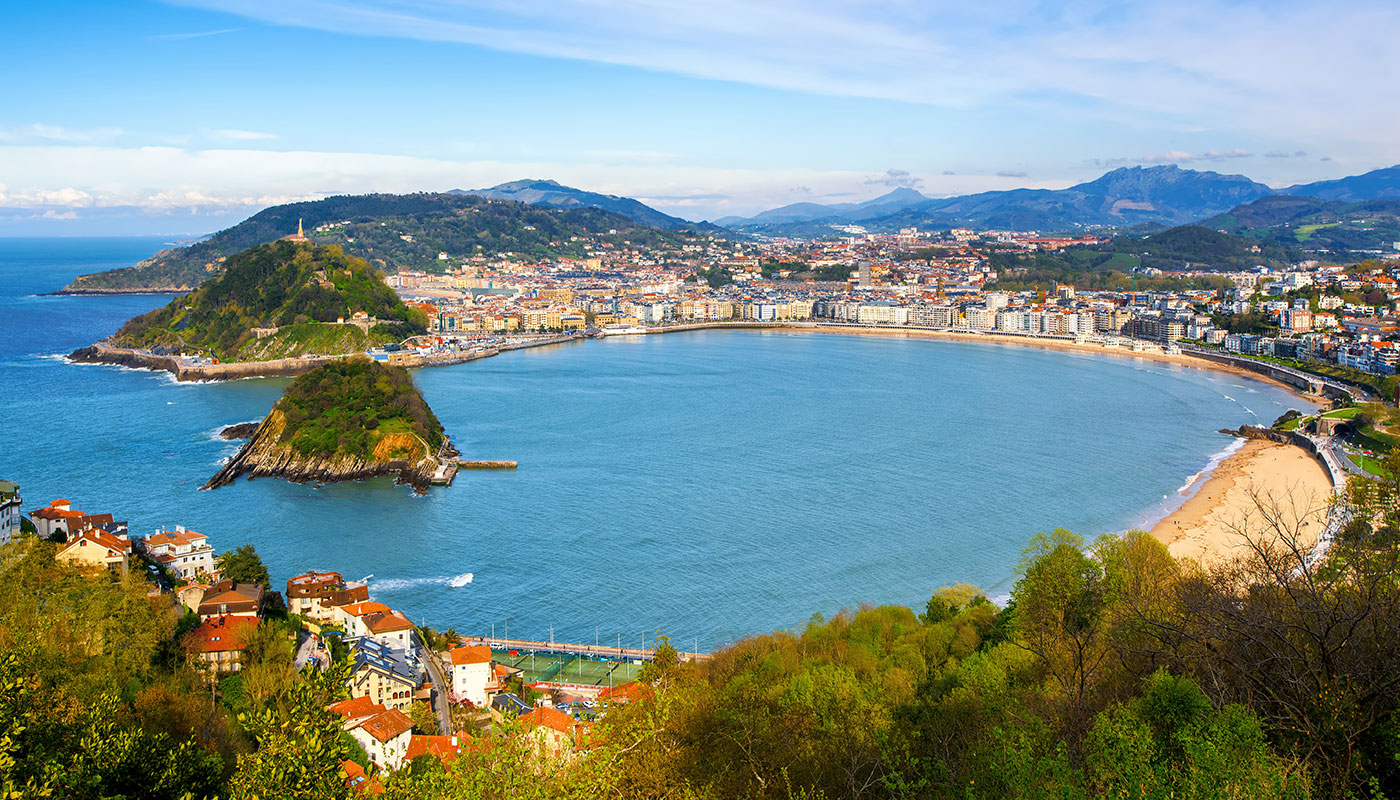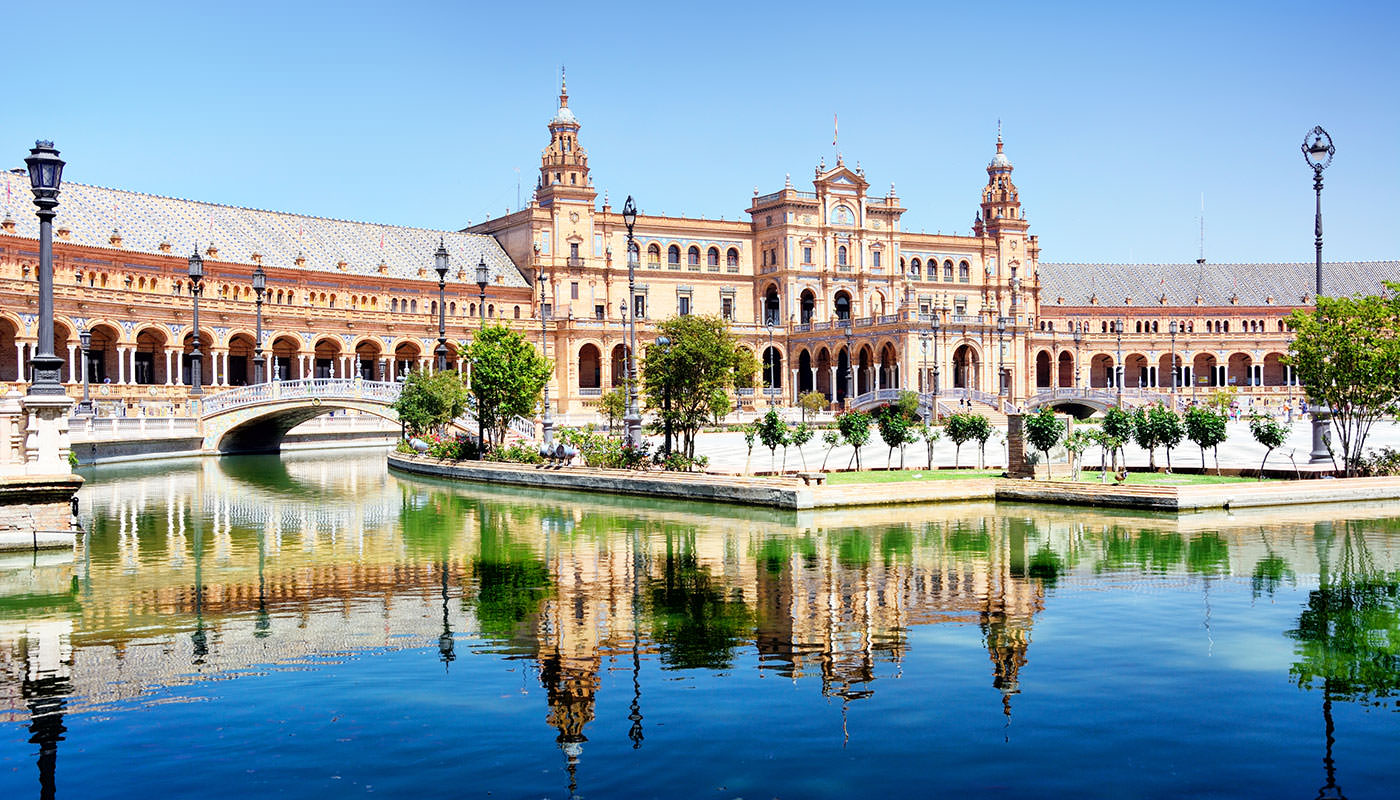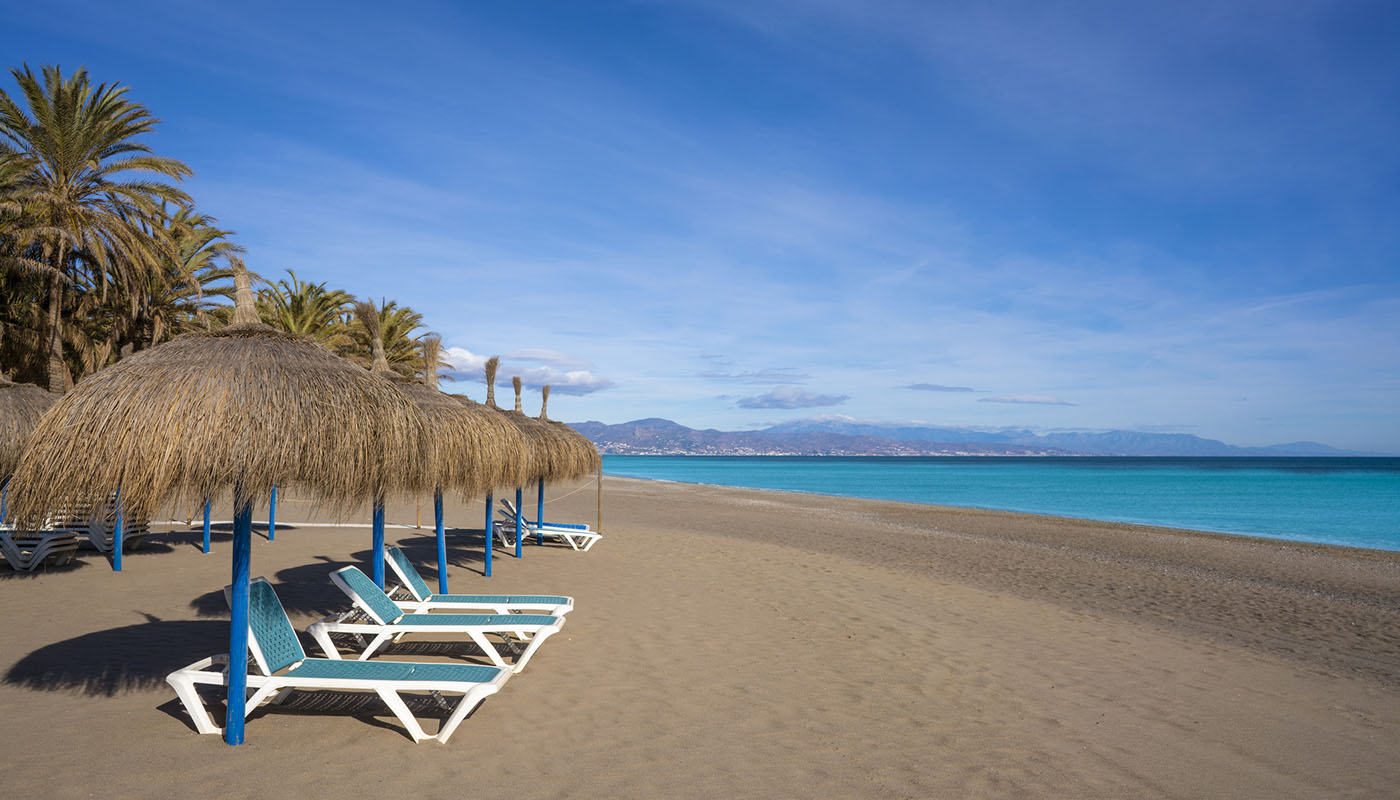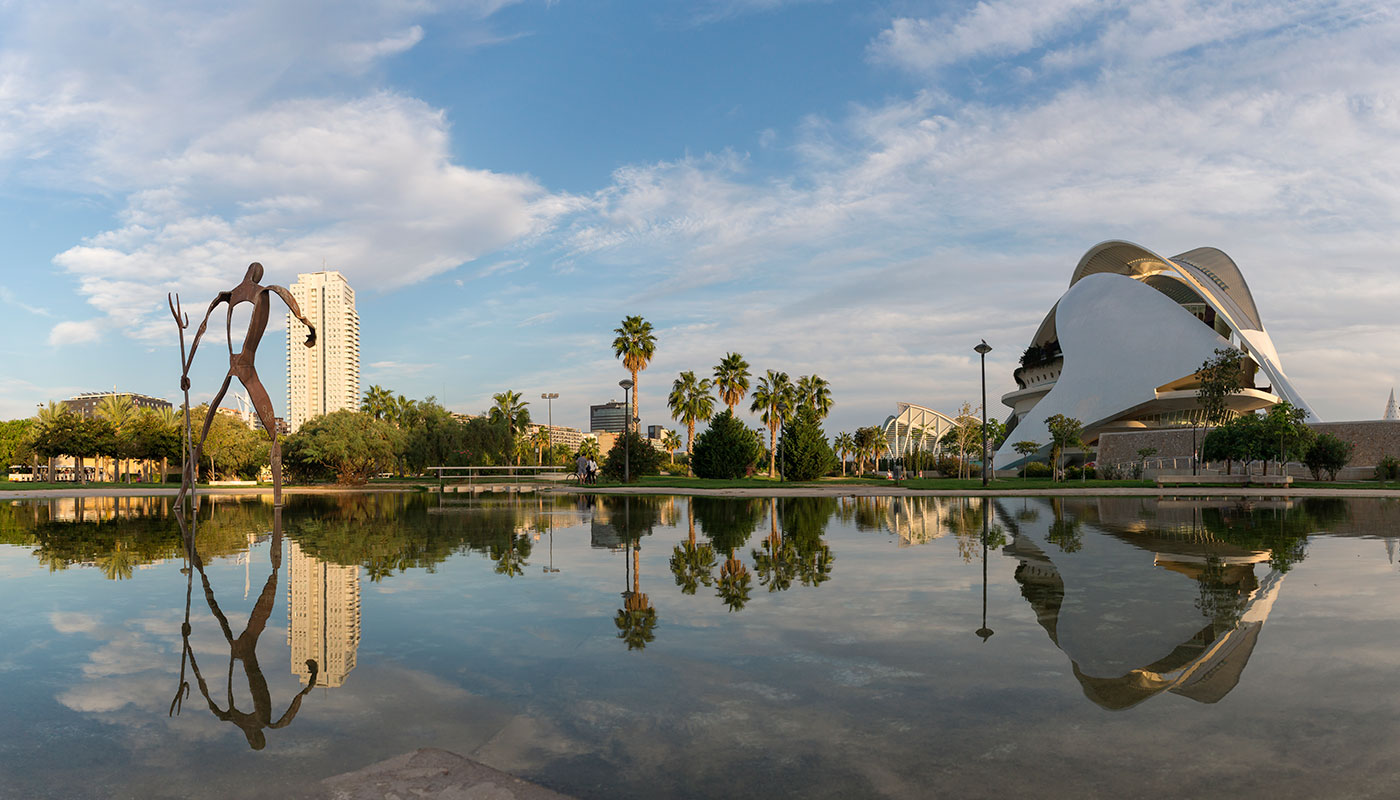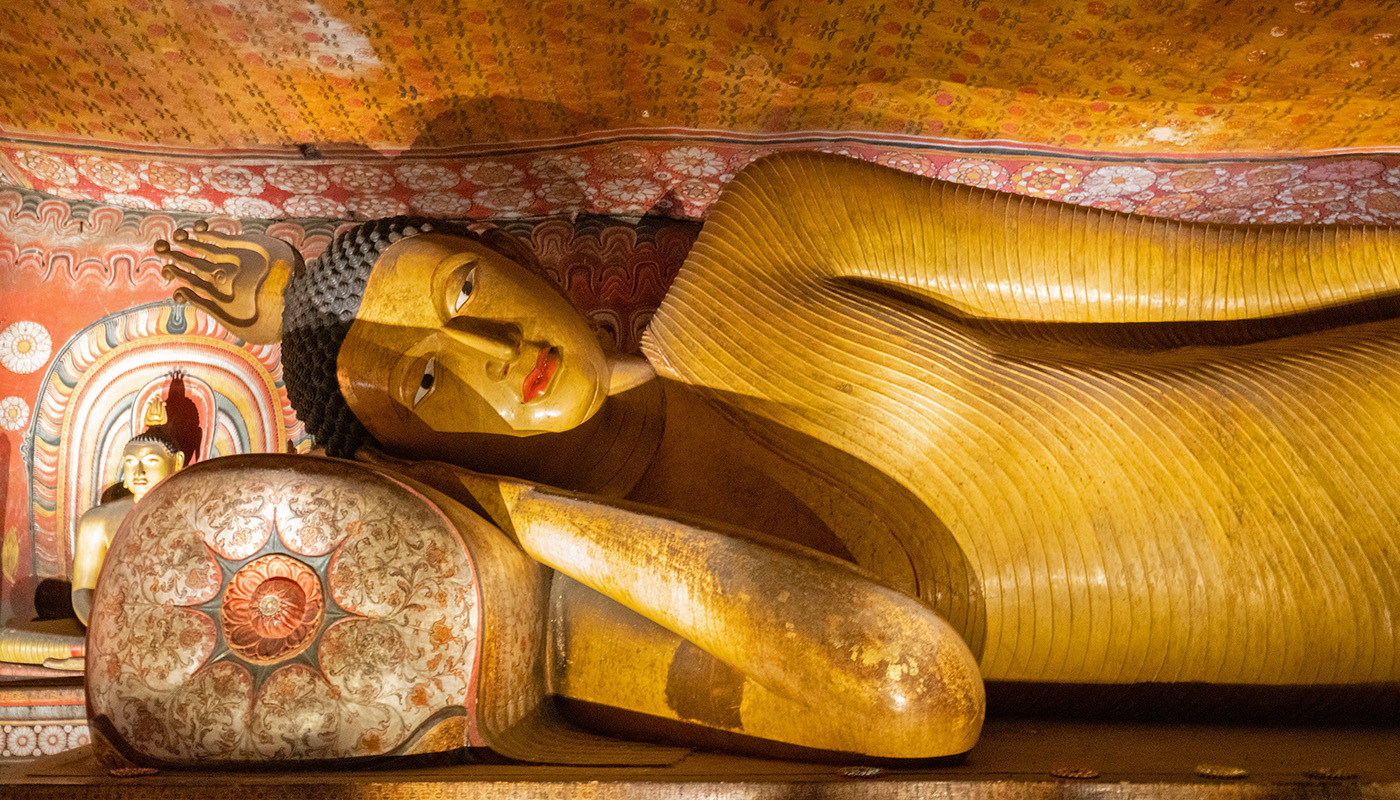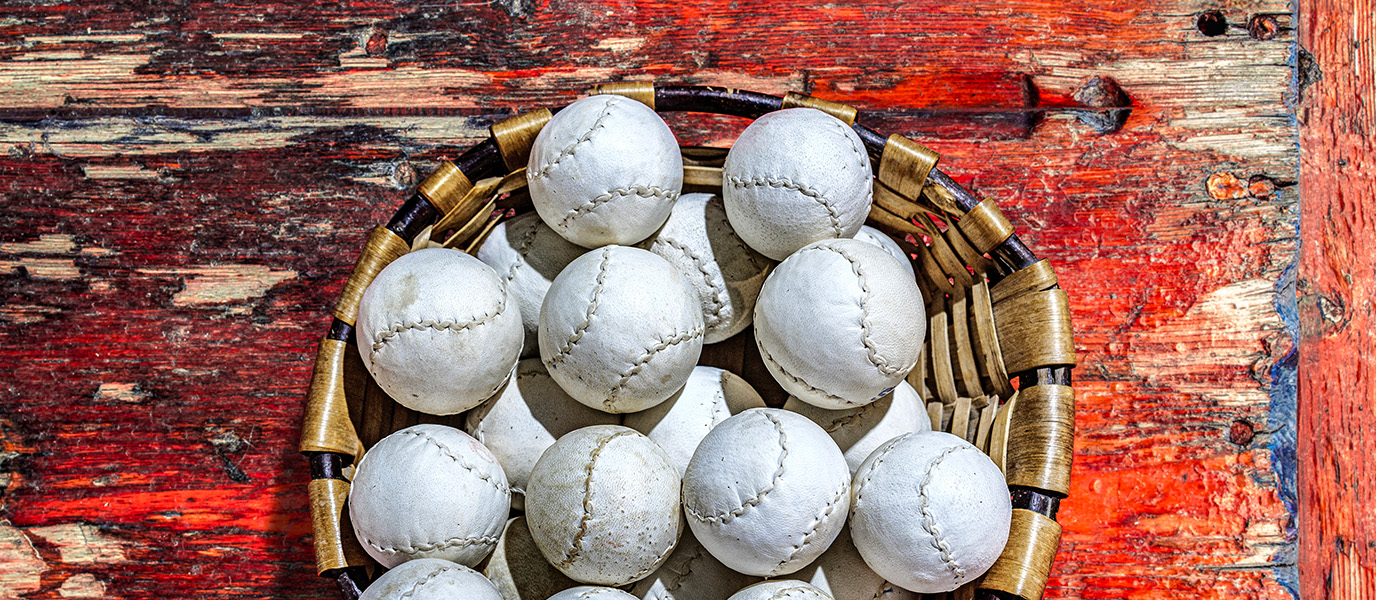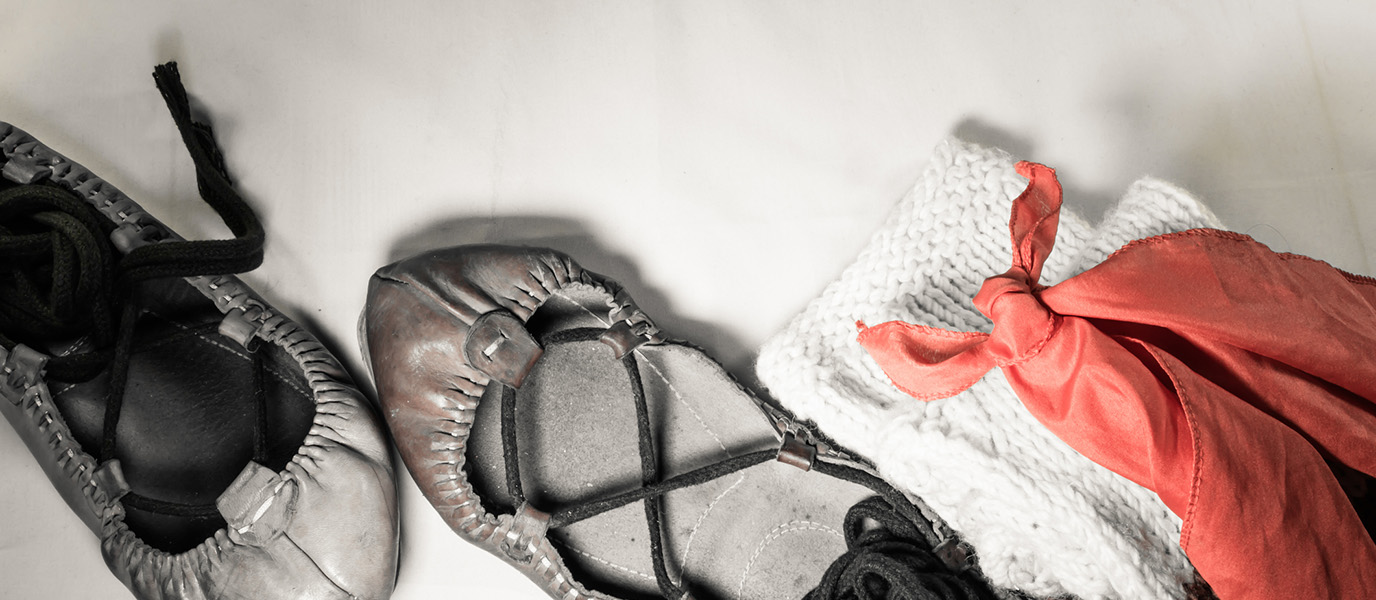Basque sports are a unique expression of the region’s culture. Although the Basque Country boasts many great attractions including its beautiful landscapes and its famous cuisine, it is images such as stone lifting or woodcutting as performed by an aizkolari that remain etched in the minds of visitors. We have no doubt that watching one or more of these four traditional sports will help you gain a deeper insight into certain intrinsic values of Basque sporting culture. Why not see for yourself?
Basque pelota, a tradition handed down from the older generations to the young
This is the Basque sport that has crossed most frontiers; in fact Basque pelota federations can be found in countries as distant as India, Chile, Venezuela, the Dominican Republic and the Philippines. This may have been as a result of the game’s apparent simplicity since to play it, all you need is a ball, a wall (or a court) and two players. That is why in both the rural communities and in the large cities of the Basque Country, pelotaris (the Basque term for pelota players) are a common sight, playing in the town square or against the wall of a local church. Therefore, we can say without fear of contradiction that a Basque town makes no sense without its pelota court.
One of the most appealing aspects of this sport is that, although it is commonly taught in schools and pelota clubs, it is really propagated within the family setting, as it is the fathers and grandfathers who normally bring their children up to play it.
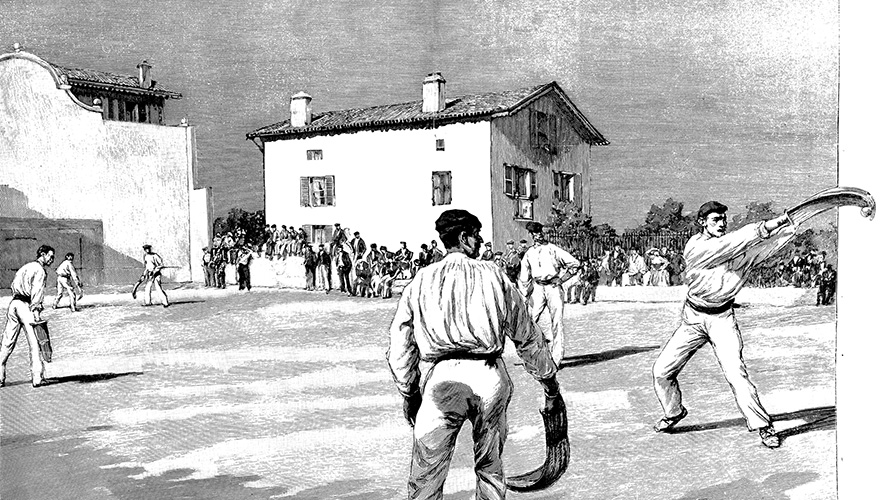
We should not be deceived by the apparent simplicity of Basque pelota, as there are variations determined not only by the court, but also by the type of implement used to hit the ball. Nevertheless, there are currently three disciplines that have gained ascendancy out of the almost 20 that exist:
- Using the hand. This is the simplest, and the one that has given the name pelotari to the player of Basque pelota.
- Using a paddle. The paddle or paleta is also known as a paleta argentina, as this variant, which consists of hitting the ball with a small wooden pole, was invented in Argentina.
- Using a wicker racquet. The wicker racquet that catches the ball, and propels it at a greater speed, is known as the cesta punta. The use of the cesta punta makes this particular variation of the game particularly exciting for spectators.
Without question, the Bizkaia Frontoia is the best place in Bilbao to enjoy a Basque pelota match. This centre, which opened in 2011, can hold 3,000 spectators and boasts the largest court in the world. However, if you’d like to attend a cesta punta game, the Gernika Jai-Alai or the one at Markina are the best courts.
The regattas: a eulogy to synchronisation and team work
Although they are a feature of the Basque Country, regattas are a tradition shared along the entire Cantabrian coast, so competitions are equally to be found in Galicia and Cantabria. Attending a regatta is a great idea if you happen to be in the Basque Country during the regular season—that is, between the months of June and September. However, throughout the rest of the year too, there are events on the Bilbao estuary, or in one of the coastal towns such as Ondarroa, Sestao or Lekeitio, among many others.
This water sport presents a true visual spectacle, and it is worth paying attention to the synchronised movements of the oarsmen, who constantly lower and raise the oars in and out of the water according to the directions given by the skipper. Each team wears its own colours, which helps spectators watching from the quayside to distinguish it from the others, as they jostle to make it through to the leading position. At the same time, the oarsmen showcase some of the essential values of this sport and, by extension, of Basque athletes in general, such as team work, enthusiasm and a refusal to accept defeat.
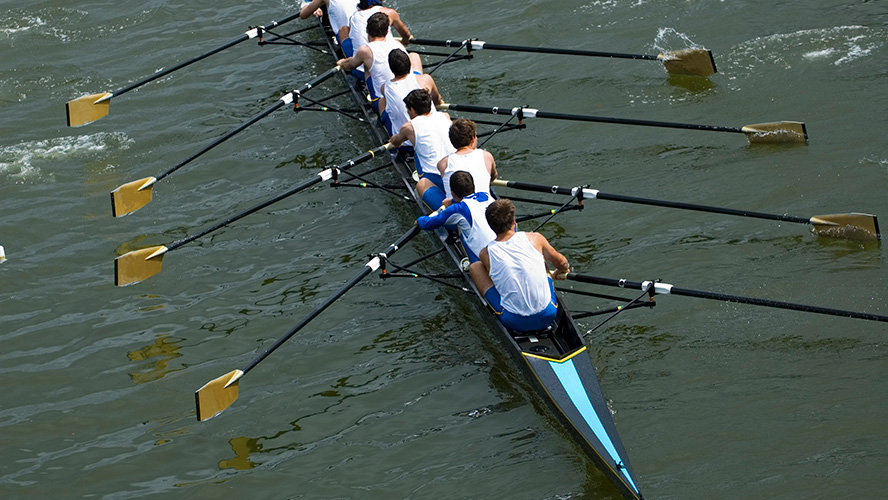
Stone lifting: an unforgettable exhibition of strength
There is no doubt that one of the Basque sports that spectators find most impressive is stone lifting. It is said that the present-day competitions are no more than a throwback to the shifting of stone blocks for the construction of dolmens in prehistoric times.
Nowadays, two types of stone are used in competitions:
- Regular stones. As they are carved into spherical, cubic or cylindrical shapes, these stones are easier to move using grips.
- Irregular stones. These stones lack handholds, and are therefore more difficult to manoeuvre.
Whichever variant you choose, seeing a stone lifter (or harrijasotzaile, in Basque) in action live, such as the renowned Iñaki Perurena, the first to lift a stone weighing over 300 kilos, will prove to be an unforgettable experience. Outstanding among the best competitions in this particular discipline is the one held in Mallavia (Biscay), just over a half-hour car journey from Bilbao. However, you can also enjoy stone-lifting competitions at a number of popular Basque Festivals, including Bilbao’s Aste Nagusia.
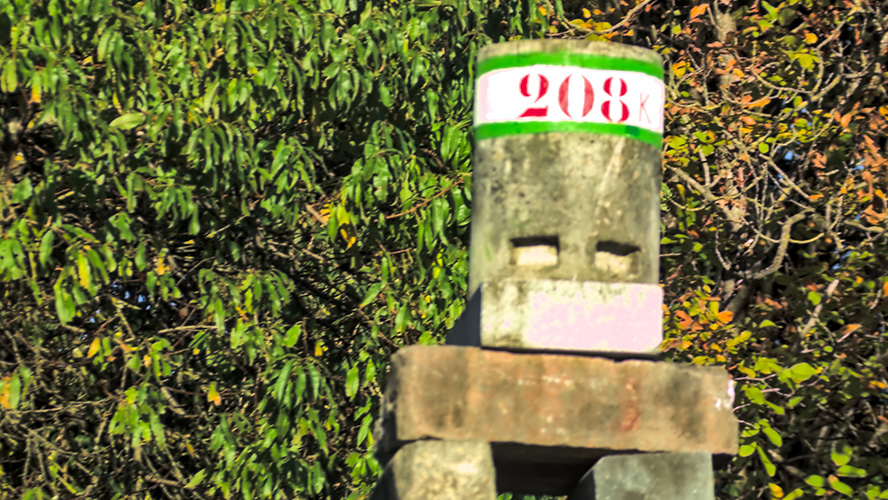
Aizkolaritza: balance, strength and resilience
The sight of a competitor standing on an oak tree trunk, attempting to cut it with rhythmical strokes of an axe is impressive enough in itself. But if we add in races to decide who can cut their tree trunk the fastest, the result is a discipline unique in its rigour and in its appeal as a spectacle. It seems that, in the same way that the stone cutters of the past entertained themselves by competing to see who could lift the biggest stones, so the aizkolaris, or woodcutters, entered into a healthy rivalry to see who could chop down the thickest tree trunks.
In spite of what one might think, this sport is not all about strength, and technique plays an important part in determining the speed at which the trunk finally splits in half. This rural Basque sport’s top competition is the Urrezko Aizkora or Golden Axe, a league competition, the final of which is held in the municipality of Azpeitia, Guipuzcoa. It is also a regular event in the popular festivals throughout the Basque Country.
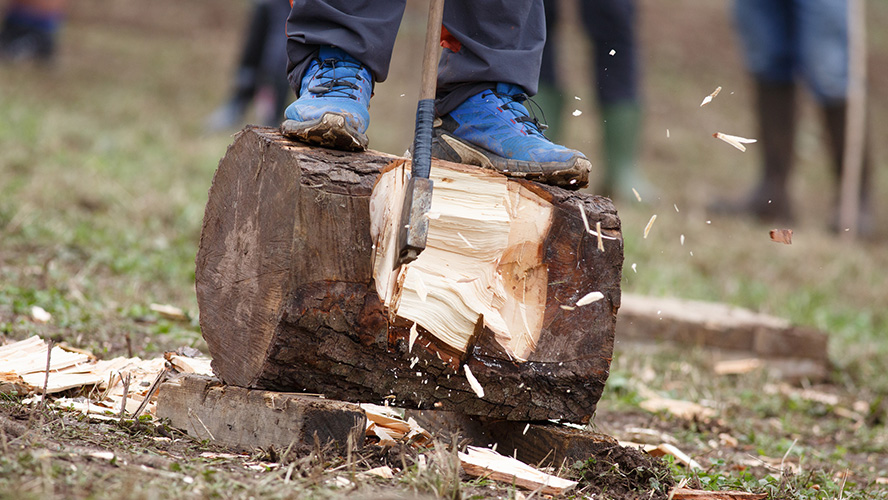
As you can see, Basque sport has some highly original disciplines to offer. Make sure you don’t leave Bilbao without discovering how demanding and unique they really are!

